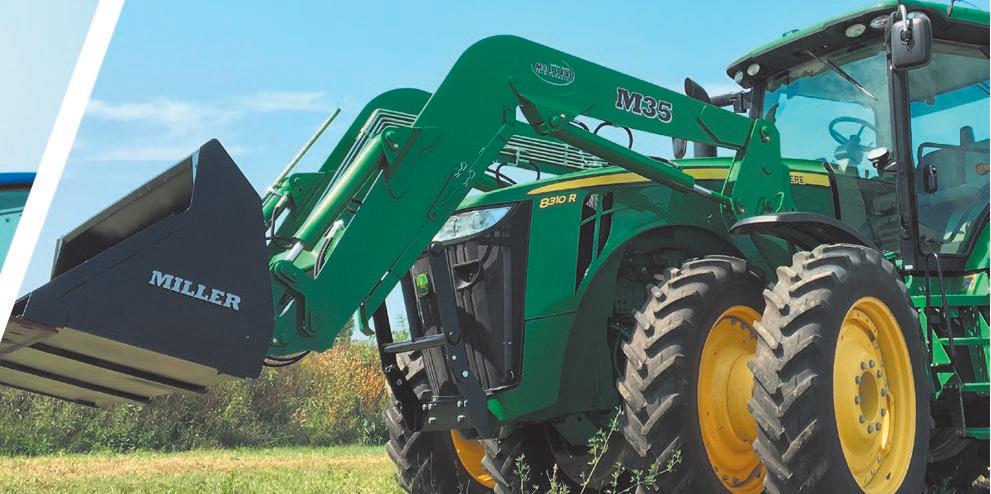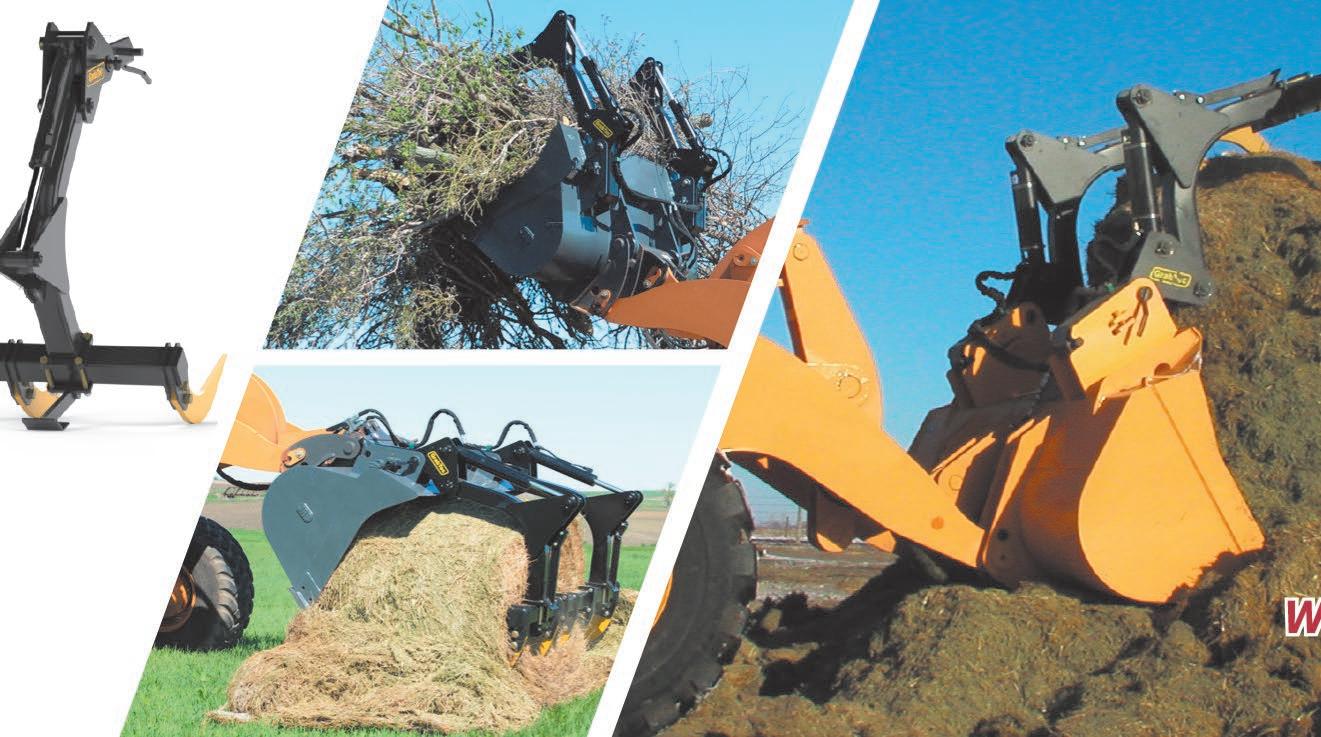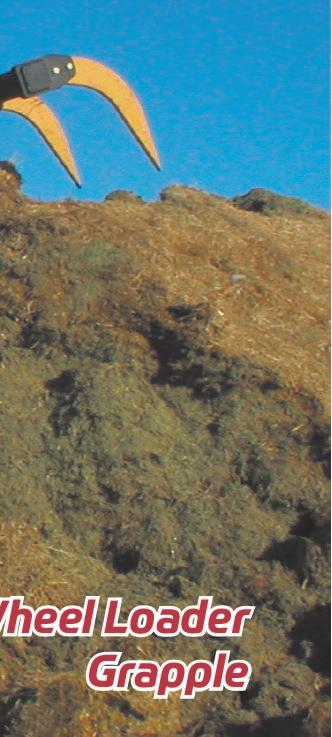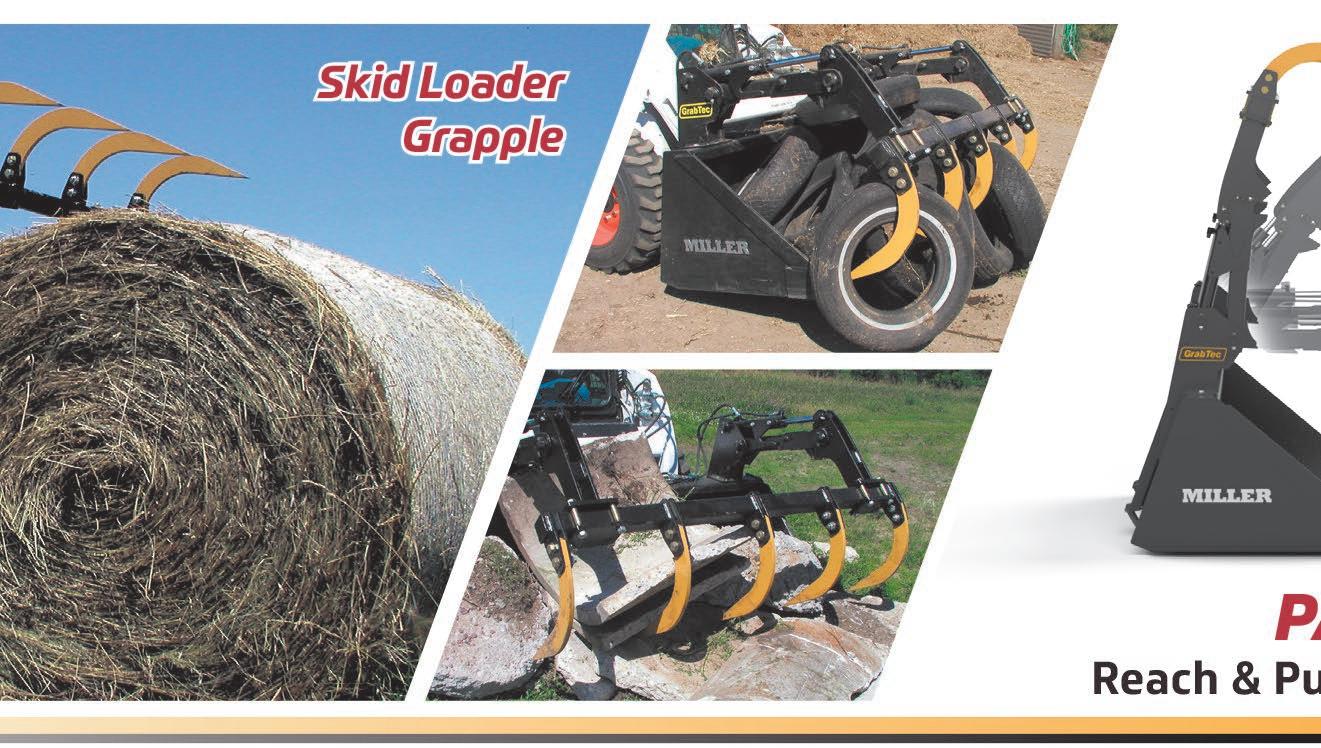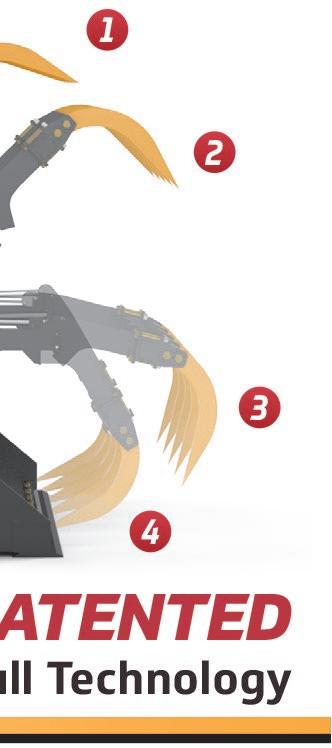
















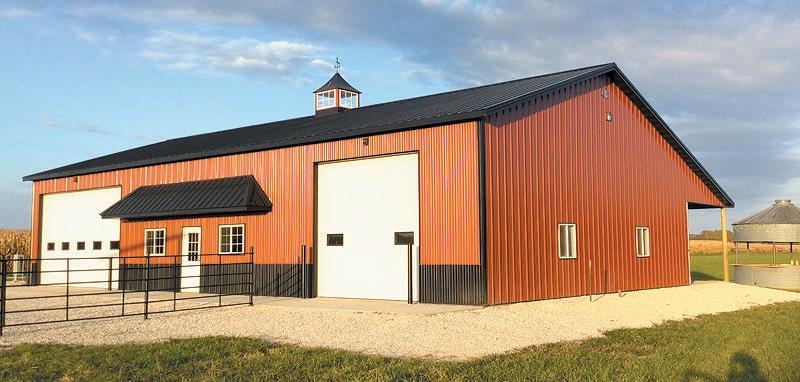































Sometimes it takes years for someone to discover the right career path.

That wasn’t true for Emily (Brewer) Wynn, whose rural roots and love for the Iowa State Fair led her to a job she’s enjoyed since 2007.
“I’ve always been a fair girl and have never missed an Iowa State Fair, except for 2020 when the fair was canceled,” said Wynn, the agriculture education coordinator at the Iowa State Fair. “After I interned at the fair at a job that combined my passion for education, agriculture and communication, it was an easy choice to work here.”
It’s an important role, especially as more Iowans have no direct connection to production agriculture, she said. The Iowa State Fair helps people experience Iowa agriculture at its finest.
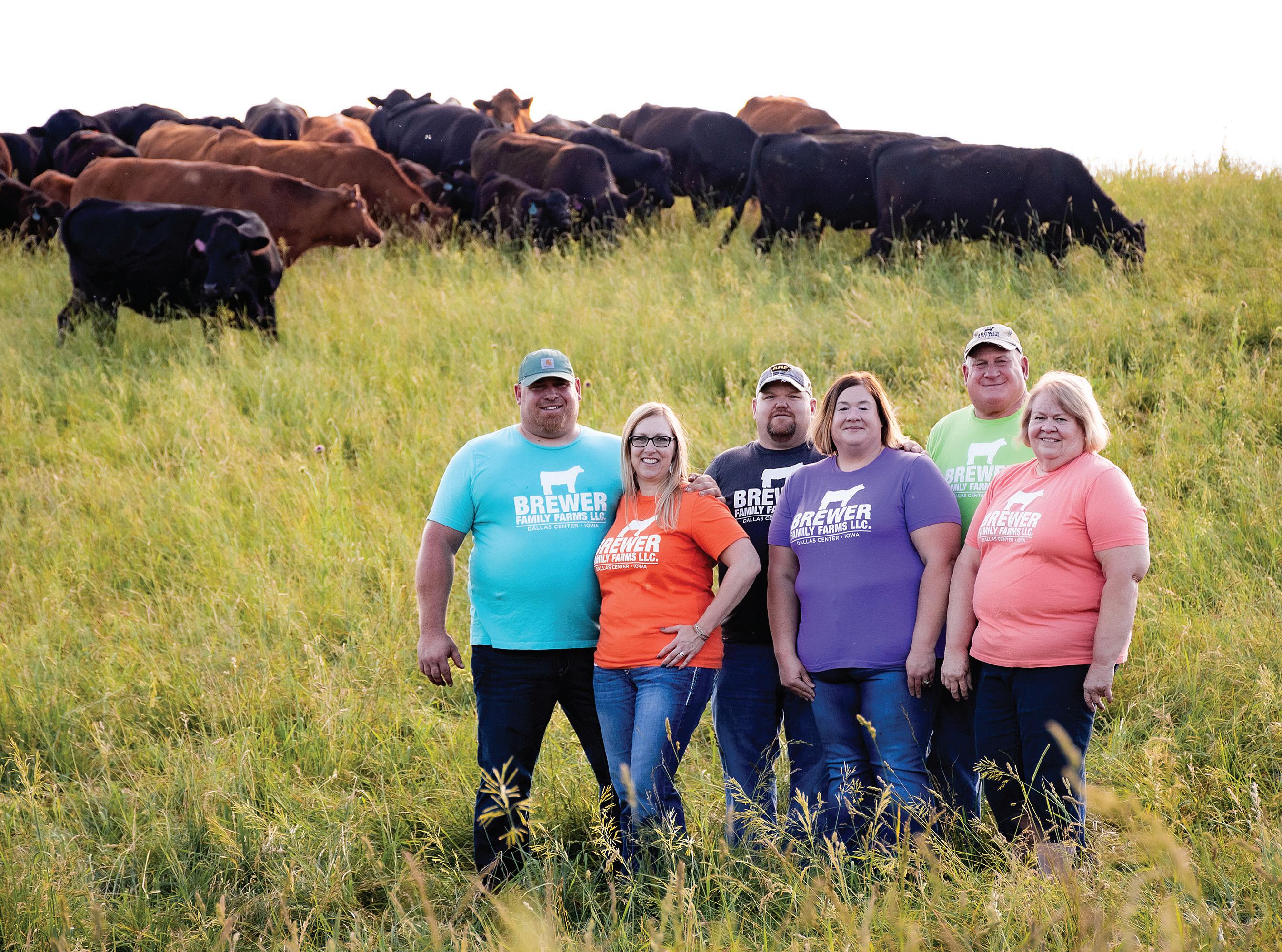
“We don’t want to educate you at the fair; we want you to experience ag with us,” Wynn said.

That includes Little Hands on the Farm, which teaches children the importance of agriculture and how it affects their daily lives. While the fun, interactive programming is aimed at kids ages 10 and younger, parents get just as much out of it as the kids, Wynn said.
Priceless memories are also created at the Animal Learning Center, where visitors can see baby calves and piglets being born.
“When families see how well farmers care for their animals, that’s a win,” Wynn said. “I want every fairgoer to leave the Iowa State Fair feeling good about Iowa






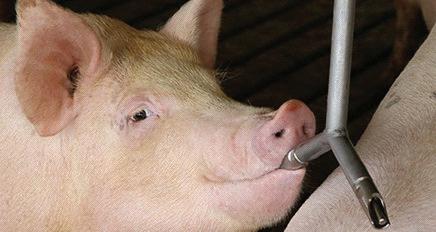














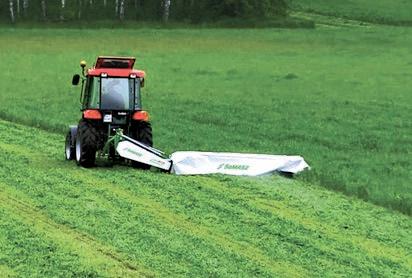

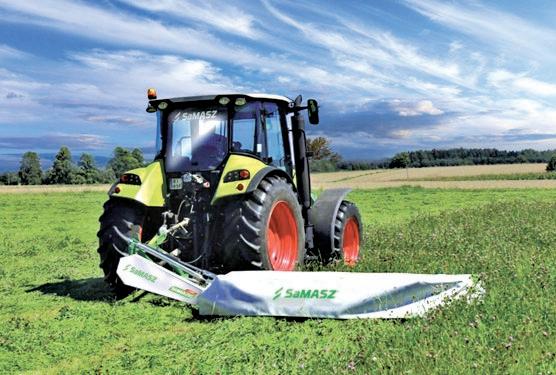
agriculture. If they learn a thing or two along the way, that’s a bonus.”
4-H installed a love of livestock and the fair
All this is personal to Wynn, a Dallas County native who was a 10-year 4-H member of the Dallas Discoverers 4-H Club. “I grew up showing livestock at the fair and have always loved the fair industry, both at the county and state level,” said Wynn, who loved showing cattle and hogs at the fair.

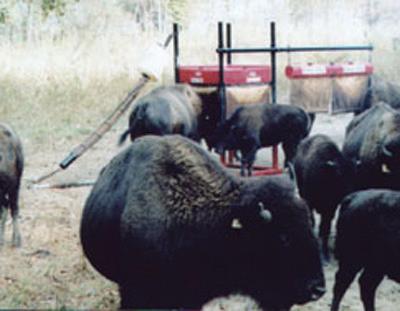
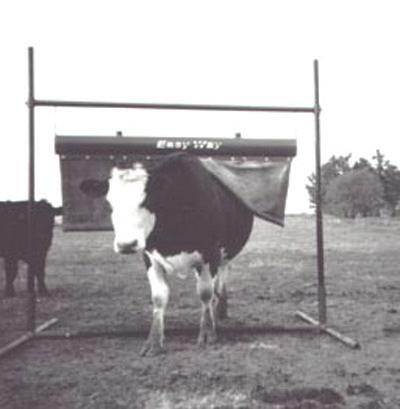
After graduating from Dallas CenterGrimes High School in 1997, Wynn earned an ag education degree from Iowa State University. She taught high school agriculture and served as an FFA advisor at North Cedar High School in eastern Iowa for three years. Then she enrolled at the University of Missouri, where she earned a journalism degree in 2006.
“While I was at Mizzou, I interned in the Competitive Events Department at the Iowa State Fair,” Wynn said. “After I graduated from Mizzou in 2006, I stayed on at the fair and became their agriculture education coordinator in January 2007.”
Wynn loves to see how agriculture education has expanded at the Iowa State Fair during the past 17 years. “One of my favorite programs to coordinate is the Way We Live Award. Each year, this award highlights six to seven Iowa farm families who exemplify farm values derived from hard work and a love of farming,” she said. “I’ve been able to visit these families on their farms and see the love and joy they have for their farm.”
Then there’s the excitement of the Iowa State Fair itself.
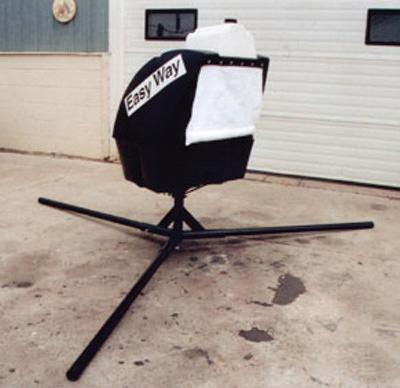
“I love walking through the barn education areas at the fair,” Wynn said. “It’s fun to see the smiles and hear the giggles from kids and their families as they get to see, smell, hear, touch and feel Iowa
agriculture.”
Another highlight is the “Have You Herd” program at the Iowa State Fair.
“Iowa 4-H and FFA members sign up to give a 30-minute presentation on their animal projects, three times each day of the fair,” Wynn said. “Seeing the passion they have for agriculture and their animals warms my heart.”

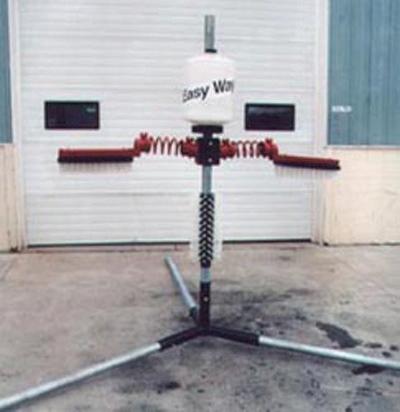
Inspiring the next generation of livestock producers is important to Wynn, who chairs the Dallas County Youth Committee. Since 2006, she has also served as a Dallas County livestock judging coach.
“I love working with the kids on the livestock judging teams, and I encourage them to pursue ag careers,” Wynn said. “The kids I work with at the Iowa State Fair also have such a passion for the ag industry. The future is bright.”
Wynn also works hard to strengthen the farm-to-fork connection through Brewer Family Farms near Dallas Center, where she and her family direct-market meat to consumers. Their efforts received a big boost this spring, when Brewer Family Farms received a Choose Iowa cost-share grant of $14,960 from the Iowa Department of Agriculture and Land Stewardship (IDALS). The Choose Iowa Grant Program supports programs and services that add value to agricultural products and support alternative marketing strategies.
“We’ve been looking for ways to add value to our ground beef and pork,” Wynn said. “We reached out to four area school districts about the opportunity of buying local.”
Through their research, Wynn and her family found that local schools prefer to purchase cooked protein options, since
THE IOWA STATE FAIR offers many opportunities to see agriculture up close. “We don’t want to educate you at the fair; we want you to experience ag with us,” says Emily Wynn, the agriculture education coordinator at the Iowa State Fair. See WYNN, Page 16C
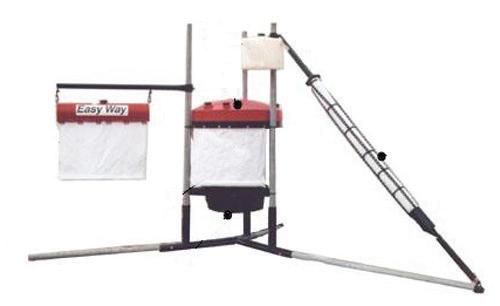
If you have a fireplace that burns wood, you know that it loses all of its heat up the chimney. Rick Titus has a wood burning insert that will burn with the efficiency of a wood stove and fit inside your fireplace so it keeps your fireplace look.
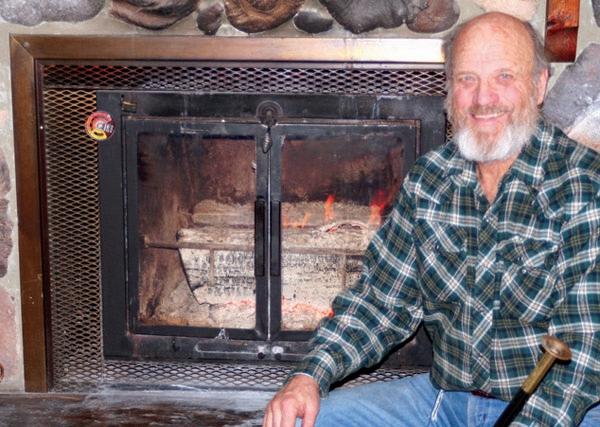
If you have a gas log in your fireplace it also sends all of its heat up the chimney. Rick has Vent Free gas logs that can burn as efficient as a gas cook stove and burn with the damper closed, thus keeping all the heat in the house.
If you have one of the newer gas fireplaces that vents out the side of the home or up a chimney, Rick can convert it over to a Vent Free log and keep all the heat in the home.
So no matter what kind of fireplace you may have, Rick has an efficient solution for it. Call Rick or email him at yahtitus@gmail. com or go to his web site below. Rick even has new fireplaces and wood stoves that can heat your home even during a power outage.
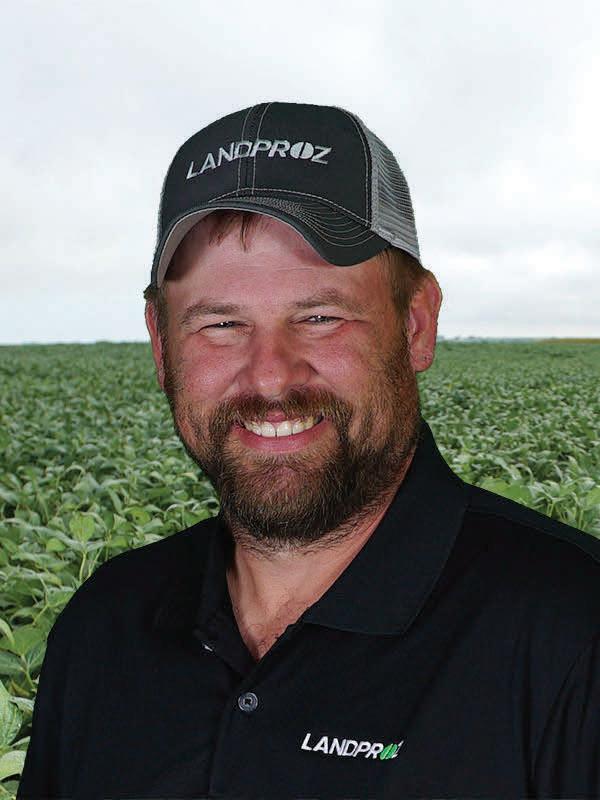


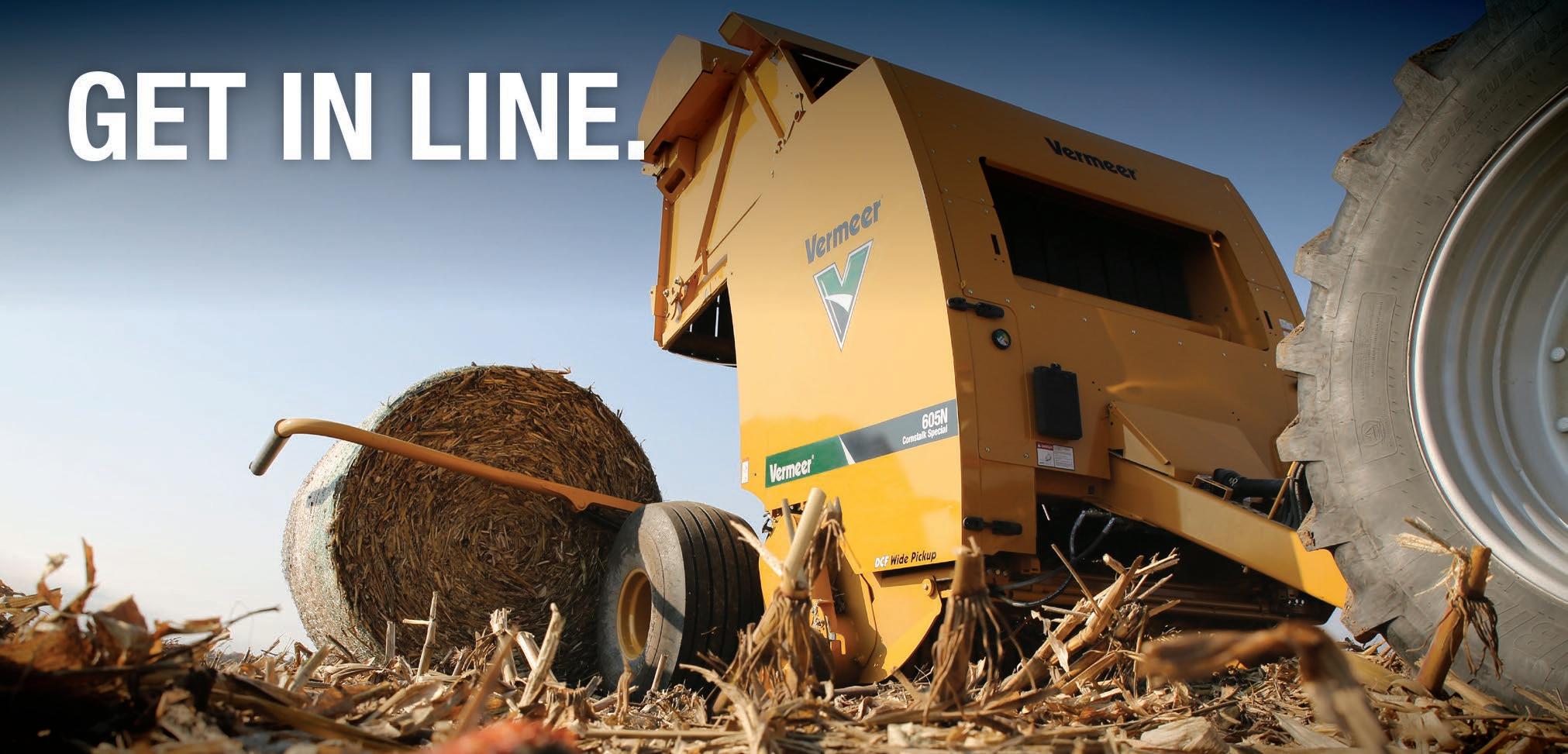

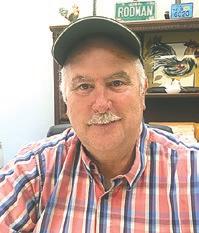
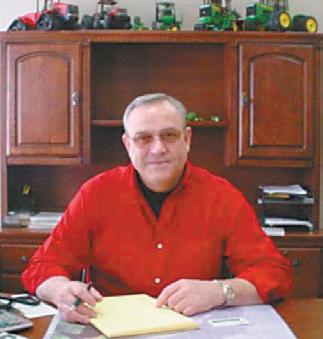
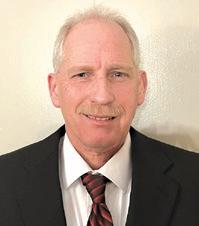











IDA GROVE — It would not be a surprise to Jolene Riessen’s mother, Charlene Hermiston, that her adult daughter Jolene has chosen to be a lifelong farmer.

“When I was growing up, I liked being in the farrowing house, and I would sit with sows as they were farrowing to make sure things went OK,” said Riessen. “My mom would get so mad and tell my dad, ‘She doesn’t need to be out there. We have four boys; she should be in the house more!’”
From growing up on her father John Hermiston’s farm to married life on her own family farm, Riessen has planted and harvested crops and taken care of hogs, cattle, and chickens. She has seen her share of good and not-so-good times. Adversity has forged her into a leader in agriculture.
In 2001, Riessen and her husband David invested in a group of cattle in southwest Iowa.
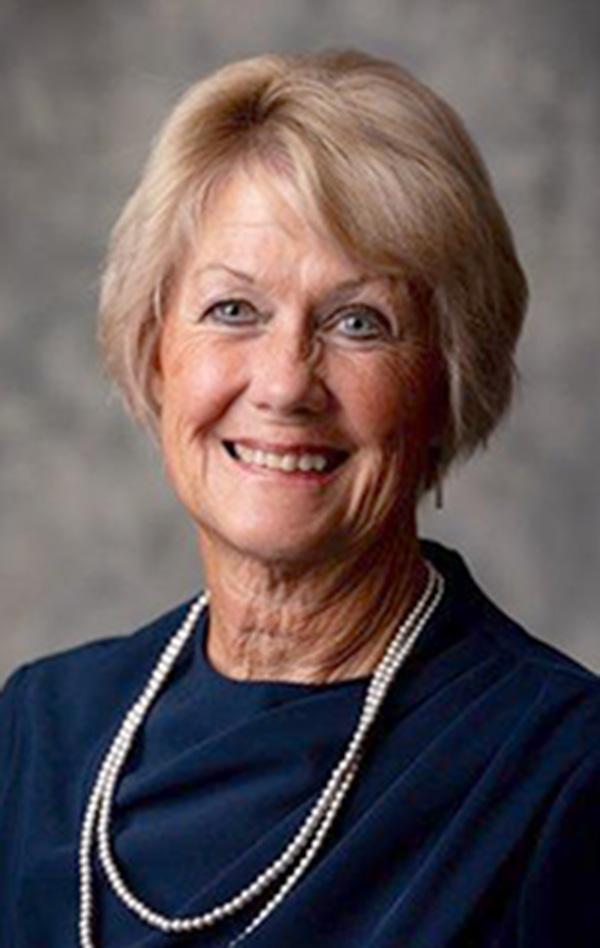
“David and I were celebrating our anniversary when we got the news that the cattle were gone, and it was a scam,” said Riessen. “We went to the bank on 9-11 to find that they would work with us, but we would both have to take off-farm jobs. We also went on food stamps to make ends meet. It was a very humbling experience. We were able to work ourselves out of that situation, and I understood why those programs are in place as a temporary measure but not a permanent place to be.”
David Riessen was diagnosed with brain cancer in April of 2018 and passed away in late January of 2019.
“Thank goodness I had given up my seed business in the fall of 2017. With






store promotions to give consumers a taste of our delicious pork. I have always advocated for farm commodities when given the chance. Belonging to Iowa Corn gives me a voice since it is a grassroots organization. We are all farmers on the board and work to grind more corn in all forms.”
After joining the association, Riessen ended up on the Animal Ag and Environment Committee.

Shortly after, the Iowa Water Works lawsuit happened. “We farm in Sac County, so I was the go-to person for responses to the suit, and I did interviews for TV and newspapers,” said Riessen.
“I was saddened that the Des Moines Water Works singled out three counties in northwest Iowa as there are several counties between here and Des Moines. Our organization tried to set up meetings, and they would have nothing to do with having conversations.
trips to Mayo and work on the farm, it would have been awful trying to keep up,” said Riessen. “When David passed, I told my boys, ‘You get the crops planted, and I will figure out how to get it harvested.’ I was thankful the boys had some experience planting because David usually did the planting. We made it through that season, and we know that David is always with us.
“My brother Terry told me, ‘That which does not kill you makes you stronger,’ and I thought I must be one of the strongest people on the planet.”
Along with her two sons, Cory and Lee, the Riessens continued to farm in Ida and Sac counties in northwest Iowa. Their operation consists of corn, beans, alfalfa, custom cattle feeding and a cowcalf operation.
Riessen is the current first vice president of the Iowa Corn Growers Association (ICGA).
“I joined Iowa Corn when I started my seed business. I believe that you need to promote the produce you are growing,” she said. “I was our county Pork Queen back in the day and went on several
“Farmers do not like to share their expensive inputs, whether that be fertilizer, soil, or herbicides. We have come a long way with our conservation practices. Back in the day, no-till was unheard of as most farmers plowed or turned the soil as black as possible. With the herbicide programs available to us, we make no-till work. It takes a combination of practices, not a one-sizefits-all, to help keep erosion in check.”
In September of this year, Riessen is teed up to be the next Iowa Corn Growers Association president.
“I enjoy being an advocate for farmers,” said Riessen. “Not everyone feels comfortable being able to strike up a conversation about what farmers are
“I enjoy being an advocate for farmers ... I like having that voice. I rely on farmers and consumers to tell me what they are thinking."
JOLENE RIESSEN
First vice president
Iowa Corn Growers Association

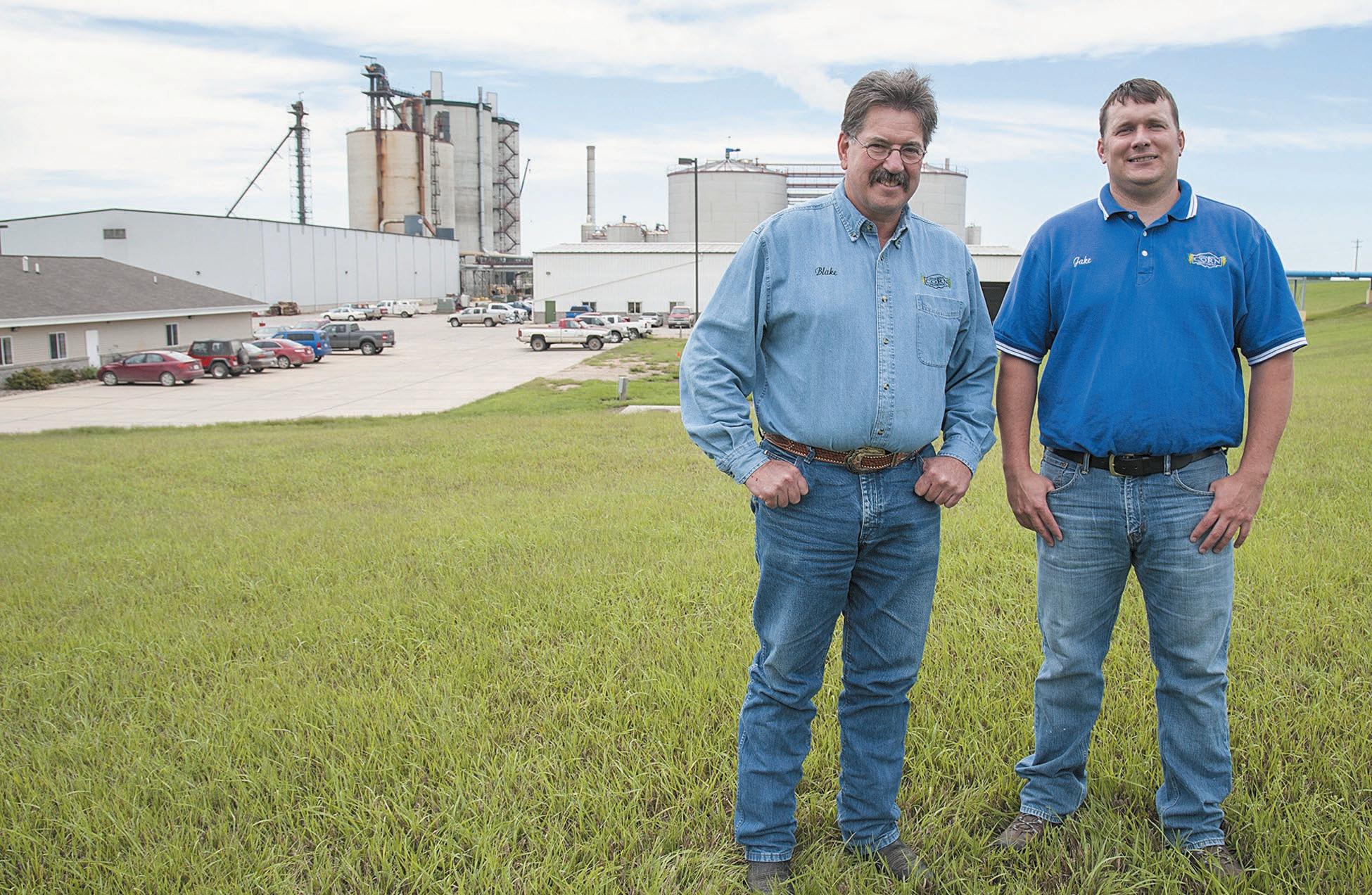
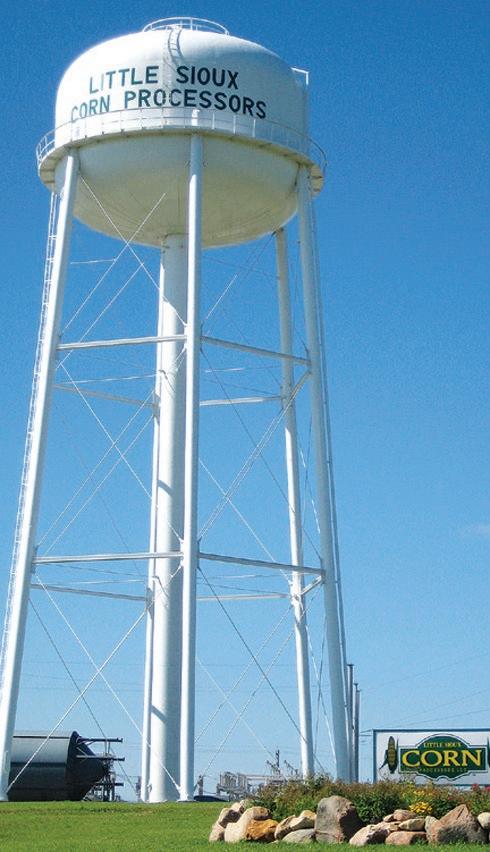
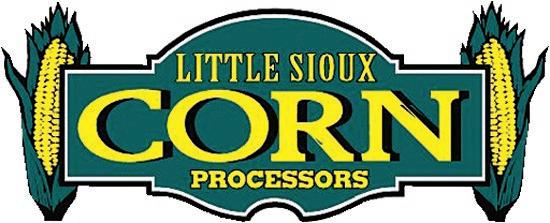








 By LORI BERGLUND Farm News writer
By LORI BERGLUND Farm News writer
WEBSTER CITY — Bill Walker doesn’t see himself as a “Leader in Agriculture.” He’s just a farmer, raising a family with his wife, and trying to do the best he can from year to year.
After all, in farming, one never really knows from year to year.
“You have to be patient,” Walker said. “In farming, there’s a lot of ups and downs, but you just kind of have to roll with it and hope for the best.”
Walker grew up in the “Montgomery Ward’s house” on the family farm east of Webster City. Parents Jim and Patty Walker still live there and, according to their son, he learned a lot during those days.
“I learned a lot from both of my folks,” Walker said. “I learned to work hard — that’s for sure. Anything that goes along with row crop farming, my dad has always been wide open to learning new things.”
Walker and his wife Kris are raising their two children on a farm south of Webster City that dates to his mother’s ancestors.
“This was in my mom’s family,” Walker explained as he surveyed the well-kept farmstead high up from the Boone River just past the Tunnel Mill bridge. “Her ancestors ran the Tunnel Mill.”
The farm is only about three years away from becoming a Heritage Farm, owned by one family for 150 years. Walker has been on this farm now for about 30 years. Daughter Riley, 18, and son Sidney, 13, were both raised here.
Like his father, Walker is always open to trying new things. He doesn’t think of his farm as a “diversified operation,” he
just farms his own way and isn’t afraid to make a few changes along the way.
A decade ago he took advantage of a program offered through the Iowa Soybean Association and NRCS to improve soil conservation practices.
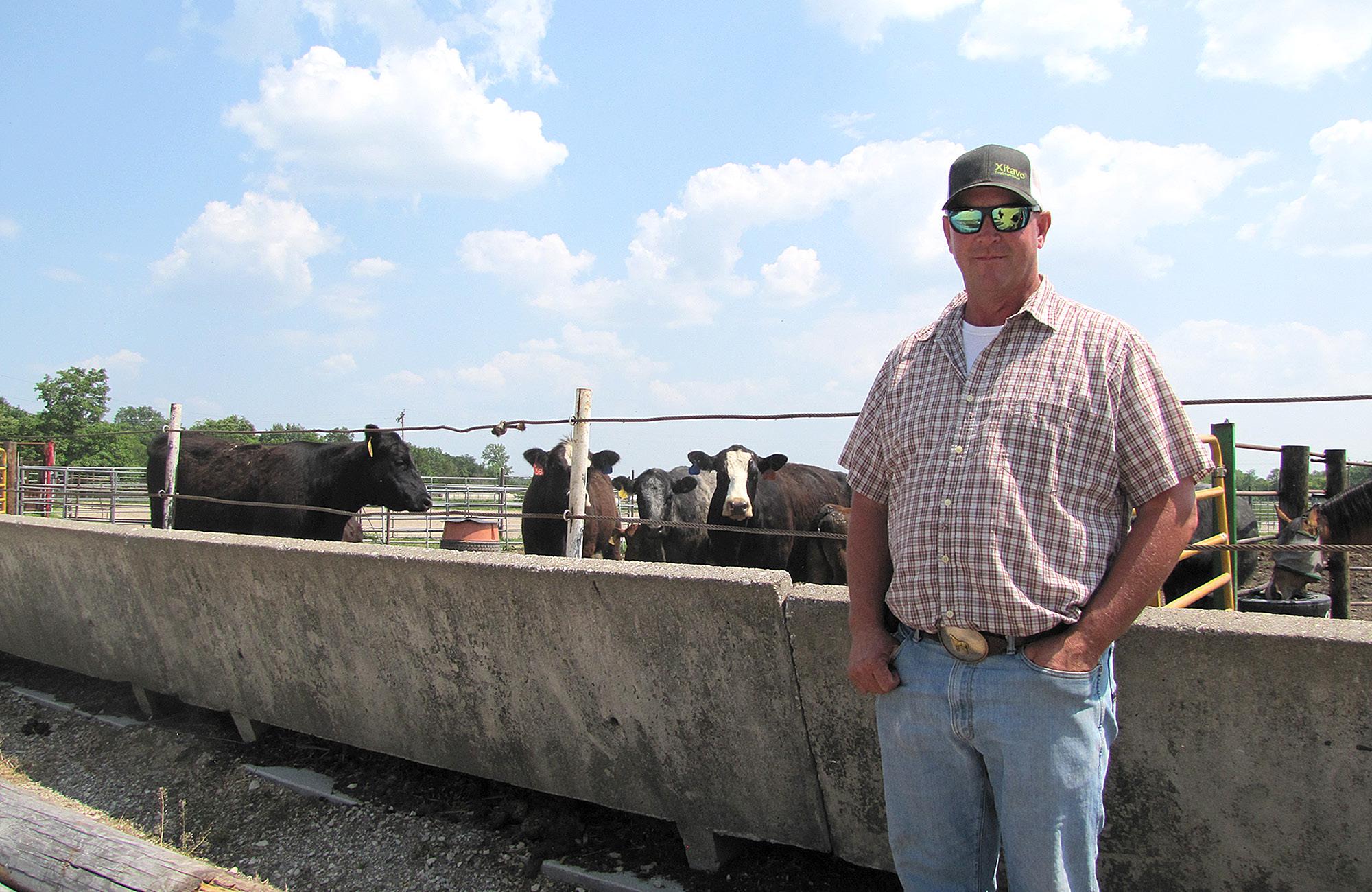
“We started strip-tilling in about
















2013,” Walker explained. “You could sign up and they would help you pay for strip-till equipment and cover crops for three years. There was also a nutrient management plan made for you.”
The program paid for about 50 percent of the total cost, which made the







investment more practical, and allowed a better study of how such practices could make a long-term difference on a farm.
“They used to have a strip-till bar that they were passing around, and you could
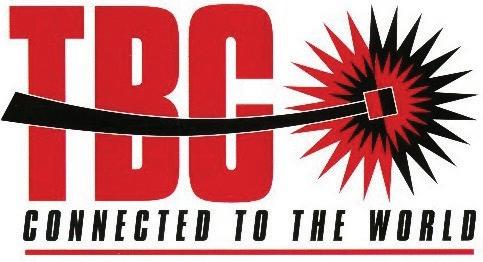

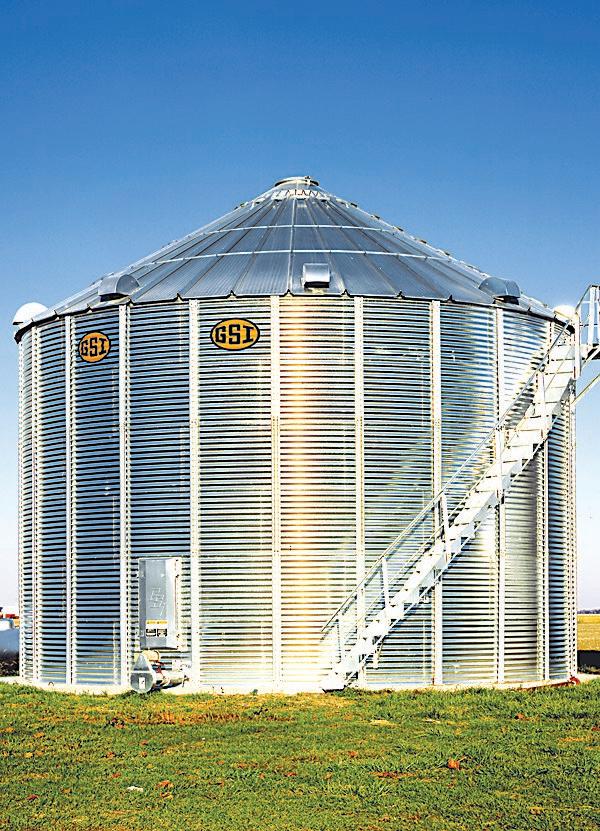
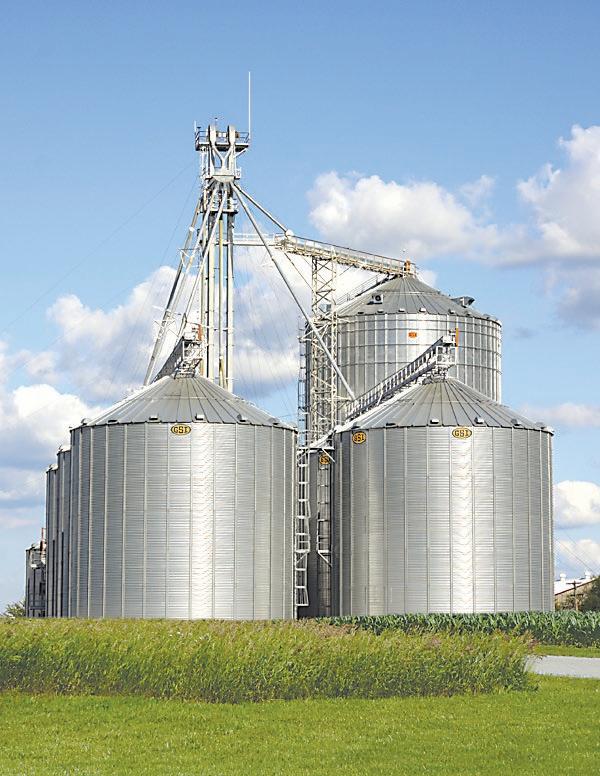







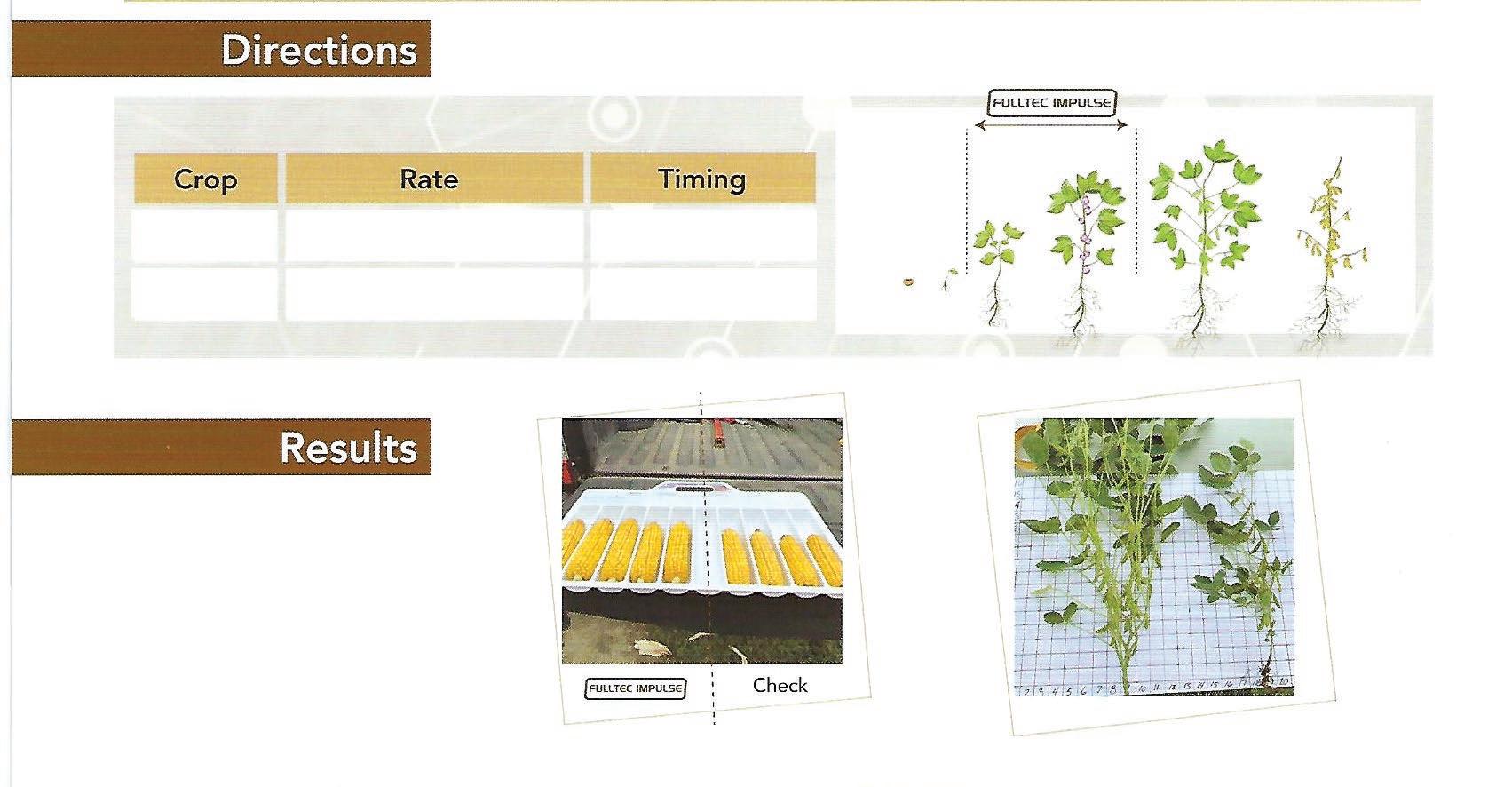

1. Bio-Empruv- Broad Spectrum Disease Prevention BioEmpruv in Corn is a biological fermentation extract. It contains enzymes, vitamins, minerals, natural growth regulators, antioxidants and amino acids to boost plant health and yields. Bio-Empruv- contains natural and biodegradable ingredients that are Safe with No Chemicals or Residues Application V-5 - Pretassel, 32 oz per acre add albion Micronutrients Zn, Mg, & Cu with Bio-Empruv
2. Spraytec- Impulse Corn has the best combination of 4 different products that will be responsible for keeping the maximum yield potential with your crop. It is the highest concentration of available plant nutrients that promote plant vigor and lower major stress away from your corn.

Main Benefits:
Nutrient Availability The EDTA present in the Impulse formulation gives the nutrient an organic coating, making their absorption by leaves easy.
Yield Saver Fulltec Impulse aids in the prevention of losing yield potential by lack of nutrition or stress to the plant as well store nutrition in plants.
All in One Fulltec Impulse provides more benefits in just one box than a pile of products do separately Application V-5 to Pretassel 1 kit box sprays 100 acrest





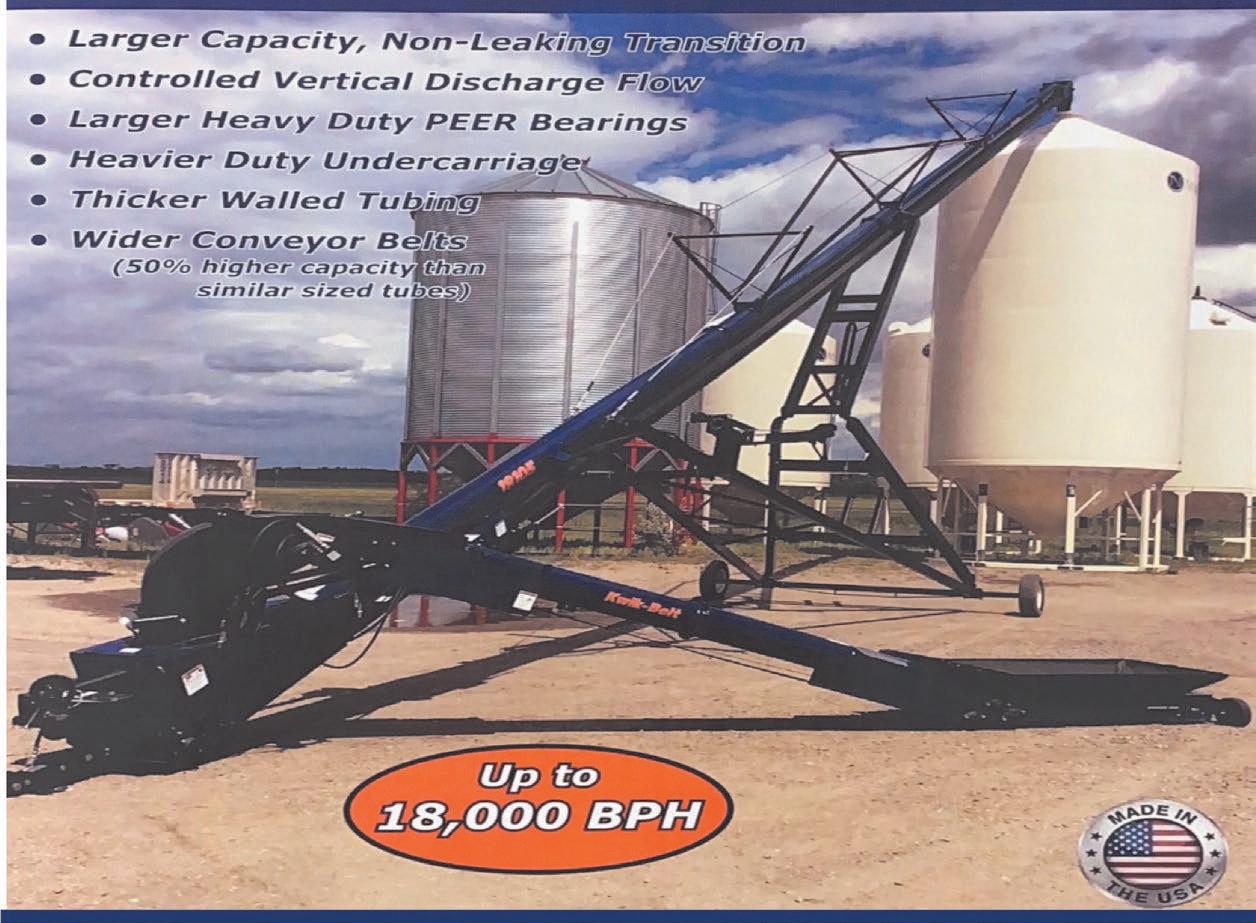































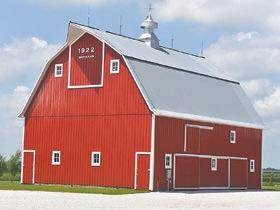
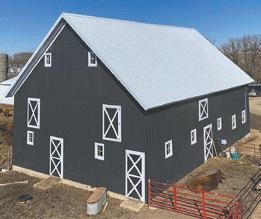


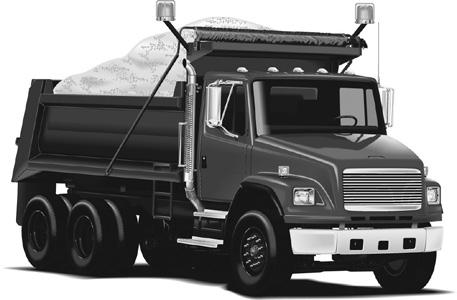

use it on a few acres,” Walker explained. “But that’s a pretty small test. This way you could buy the equipment and try it for several years.”
Rather than a limited test plot, it enabled Walker to get a better take on the benefits of strip-till practices.
“We liked it,” he said. “We’re still using it.”
Enrolling appropriate acres into CRP is another important component of conservation practices on the Walker farm.
“We have a lot of CRP along our dredge banks,” he said. “We have several acres along dredge ditches and we have CRP on both sides to collect anything.”
Some areas of the farm have been in CRP for 20 years or more, but Walker has also placed additional acres into the program in more recent years. Timber soil, in particular, has been a good candidate to set aside this way.
“We farm clear back in the timber, and there are little fingers and points, and the trees just soaked up all the moisture,” putting a bite on yields, he said.
“Timber soil is very different,” Walker explained. “I was always told that it doesn’t have as much organic matter because leaves and things that grow in the timber don’t put as much organic matter back into the soil as grasses did.”
The Walker farm also uses cover crops in a number of areas, which works well with the livestock operation. Cattle get a good month of nutrition off the cover crops in the early spring, and also have some time to graze in the fall.
“We turn out the cows usually around the first of April, and they get about a month of grazing out of it,” Walker said. “It grows so fast that they eat really
Continued from Page 8C
doing to produce the largest, safest, and most sustainable food supply in the world. “I like having that voice. I rely on farmers and consumers to tell me what they are thinking, and if they don’t … well, I am not a mind reader.”
Riessen’s drive comes, in part, from her desire to have her sons have the same opportunities others have had. As Riessen’s presidency inches closer, she already has an agenda that she believes will help her fellow corn growers.
good out there. We turn them out again in November, but it’s usually so small and fine that they get it mowed off pretty quick.”
For many years, Walker and his family were known for their quarter horses.
“We had brood mares, and we rode and trained horses for years,” Walker said. “We used to have like 30, but now we’re down to two.”
Walker is the first to admit that horses can be a demanding business. An experienced horseman, even he was once bitten by a horse and seriously injured.
He prefers the temperament of cattle and is very particular in raising and keeping only gentle animals.
“We focus on cattle that are tame, because my wife and my kids help me so much, and I don’t want to take any chance with them getting hurt,” Walker said. “There are some cattle that can be mean, but we really look for only the good ones.”
He works a lot with SimAngus, leaning more toward Simmentals. They have a cow-calf operation, feed out a few for the local locker, but background
most of them to 750 to 800 pounds. Instead of using a conventional sale barn, Walker has developed a business relationship with a Hampton area farmer who purchases the backgrounded cattle and feeds them out.
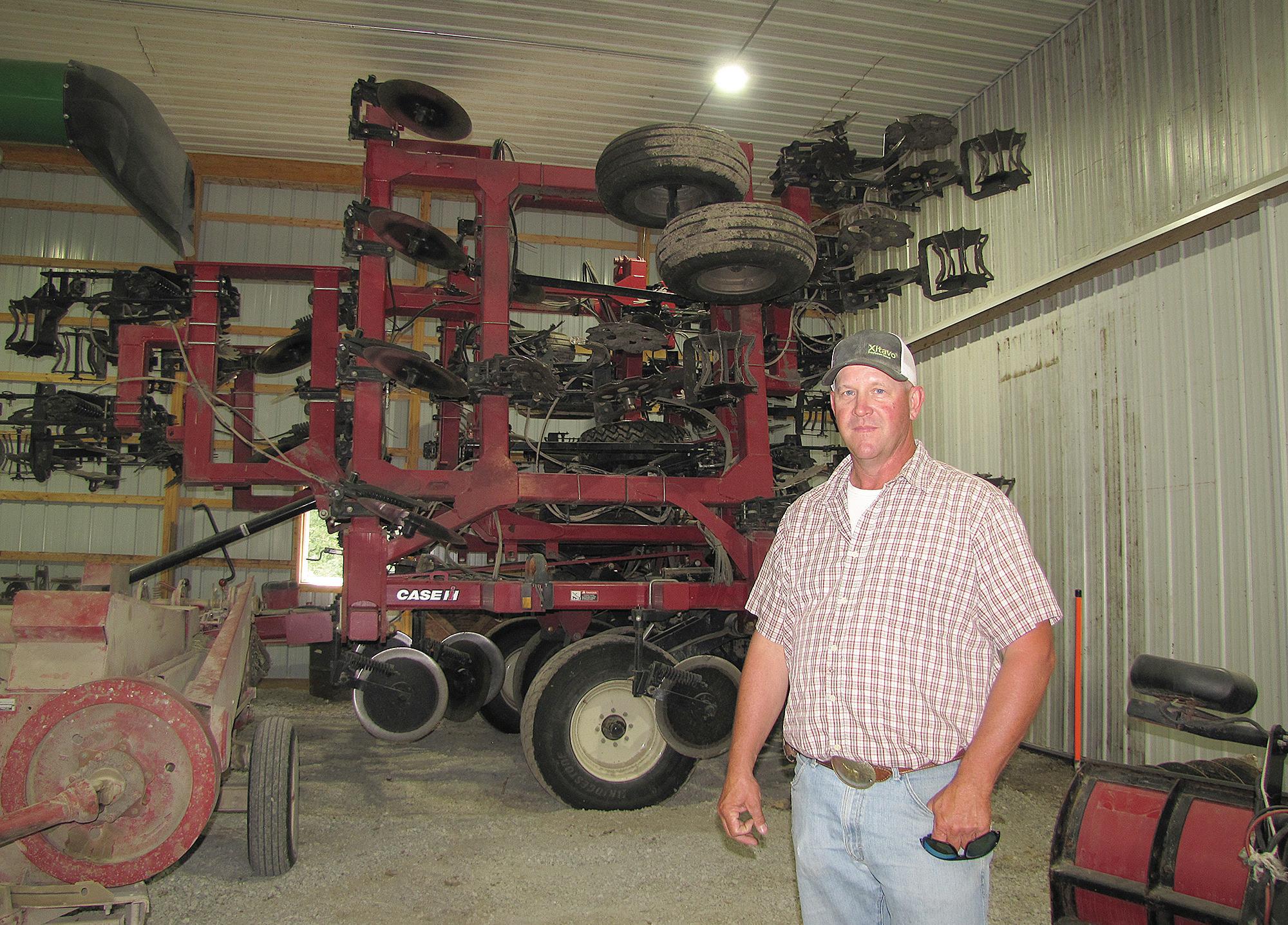
“I think he likes them because he keeps coming back,” Walker said. “I get to see the results. I’ve been up there to see them get finished out, and he sends me the cut sheets so I can see how they scored at the packing plants. That’s kind of fun, otherwise you don’t know. If you just take them to the sale barn, you don’t know how they finish out, so it’s hard to improve your herd.”
The Walkers take it one year at a time, knowing that some years will be better than others, and some will be way worse, as they learned when the farm suffered heavy tornado damage a few years ago. Still, they keep moving forward, not seeking to be “leaders in agriculture,” just seeking to do what is right for their own family and their own farm.
“At the top of mind is the farm bill that is being worked on this year and how important crop insurance has become,” said Riessen. “I look at it as our social security for helping us keep in business. In a bad year, it is our lifeline to help us get through some tough economic times, so that is why Iowa Corn visits Washington, D.C. to talk with the legislature.
“Your check-off dollars work as does the Market Access Program (MAP) and
Foreign Market Development (FMD) Program. These programs are designed to work with our check-off dollars to develop successful export markets.”
Riessen emphasized that for every dollar of MAP and FMD spend, there is a $26 return on investment which, she said, is good for farmers and our nation’s economy.
Riessen also feels strongly about ethanol markets.
“We did get E15 reinstated for the
summer months and beyond, so that consumers can not only save money at the pump but help with CO2 emissions,” said Riessen. “That’s domestically, but we will be exporting more ethanol internationally because of recent trade missions.
“One of our mantras at Iowa Corn is ‘value added.’ When we add value to our corn by further processing it, we add jobs to our communities and tax dollars to our great state of Iowa.”
“You have to be patient. In farming, there’s a lot of ups and downs, but you just kind of have to roll with it and hope for the best.”
BILL WALKER
Webster City area farmer






they have no raw meat in their kitchens and need heat-and-serve products.

They also found out that Waukee Schools, which is less than 15 miles from their 240-acre farm, has a dedicated Farm-to-School program as part of their nutrition department.
“Their Farm-to-School

task force set a goal to procure local products,” Wynn said. “Specifically, they want to purchase ultralocal (products) within 60 miles of Waukee schools.”

Brewer Family Farms is currently working with an Iowa meat locker so the farm can supply cooked meat products, starting
this year. That’s where the Choose Iowa grant comes in.
“We’re transforming an unfinished, 60-foot-by-30foot shed on our farm into a storage and distribution facility,” said Wynn, who noted the renovations will include the addition of a concrete floor. “We
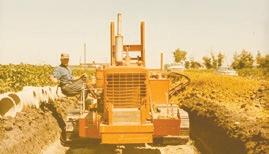
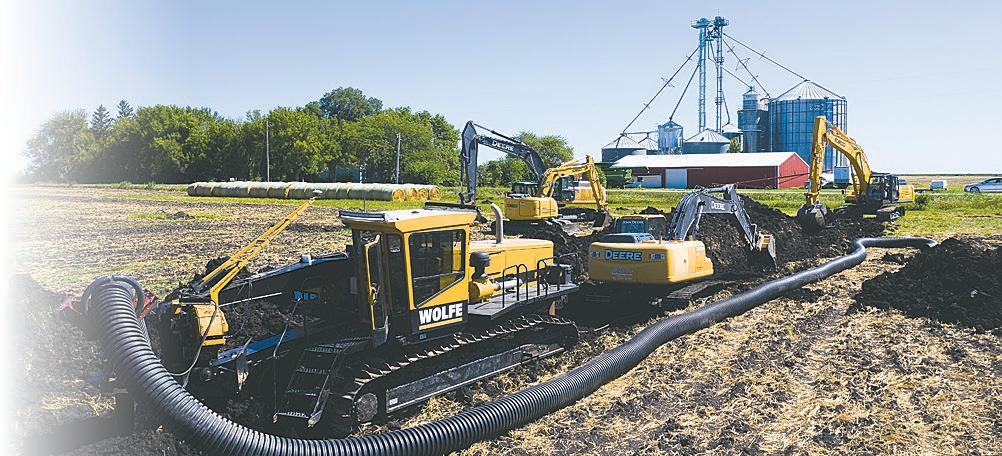
currently have multiple freezers in multiple farm sheds, so it will be great to have all the freezers in one location.”










“As lifestyle patterns change, research shows that consumers are relying more on convenience items, so we want to start offering value-added, time-saving products,” Wynn said. “By supplying convenient, cooked products like ground pork crumbles, sausage crumbles or pulled pork, we’re adding significant value to products that would normally sit in our freezers longer than our higher-valued meat cuts.”
The Brewer family has learned to adapt to changing times. Members of their family have raised cattle and hogs in Dallas County for five generations.
Today, Wynn’s parents,
Dan and Linda, and her brother, Joe, operate the farm full-time. Wynn, her husband, Jeff, and her
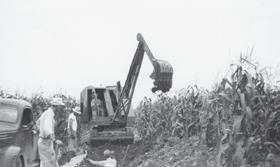
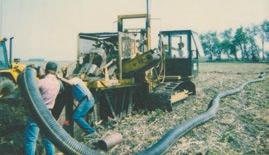
sister-in-law, Brenda, have off-farm jobs but help on the farm after work and on weekends.
“We strive to provide wholesome, family-raised meat products for our consumers,” Wynn said.






Brewer Family Farms is also excited to feature the Choose Iowa brand, which will launch later this year.
The Brewer family continues to look for ways to expand their meat business to local schools and other customers. They hope to open a small, onfarm store someday.
“It helps that communities in our area like Waukee are growing,” Wynn said. “We’re excited to see where these partnerships take us in the years to come.”

“As lifestyle patterns change, research shows that consumers are relying more on convenience items, so we want to start offering valueadded,
products.”
EMILY WYNN Brewer Family Farms
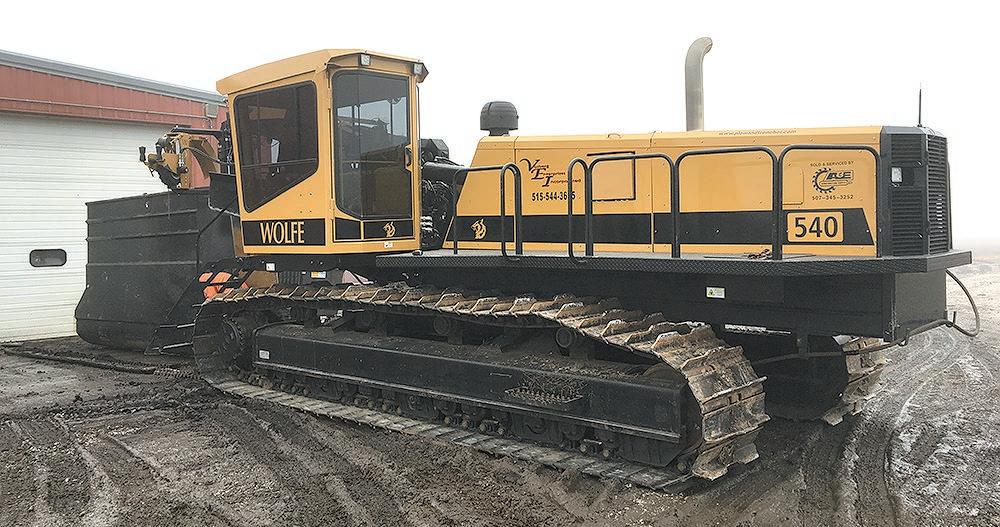
Farm
News writerDENISON — Joe Lally is an independent ag consultant whose conservation philosophy developed early as he grew up on a farm northwest of Denison.

By the time Lally left for the Army in 1968, his family had installed terraces, grassed waterways and a five-year crop rotation, among other practices, building a successful small farming operation.
“My passion for conservation practices started early,” said Lally, “especially for conservation and use of livestock.”
Lally bought his first farm in the Denison area in 1977. Within a handful of years, he had installed terraces, grassed waterways, headlands, and minimum tillage farming practices. His was one of the first farms in the area with tile placed in the sediment control structures.
“I’m working on a project on my pasture farm now where I’m moving from three paddocks to 11,” said Lally. “I’ve never been happy with our water distribution system, so I’ve put down new underground water lines. My goal is to get 500 pounds of gain per acre versus the 300 pounds we’ve been able to achieve so far.”
Lally’s motivation is to improve his pasture and have the best pasture ground in Iowa. He has re-seeded his farm with new grasses.
“We know if we run 100 cows on 100 acres, that’s pretty intense,” said Lally. “We can get there with no commercial fertilizer and no weed control. If we manage the cows right, they’ll eat the weeds when they are little; they’ll put their poop wherever they are, so they’ll scatter their nutrients around, recycling everything.”
Lally said he’d also like to move from the carbon programs today to counting carbon in the soil.
“I’d support moving toward payments for that,” said Lally. “If receiving payments for carbon sequestration is important to some folks, then that’s how it should go. To do that, you must have a soil health and bulk density analysis. You can get tons of carbon in soil six inches down, and deeper improvements from there would warrant a certain amount of dollars.”
A shortage in water supply is also one
resource is not new to Iowa or to the western United States, said Lally.
“I have an Army buddy in Casa Grande, Arizona, who bought an old broke-down well-driller when he got out of the Army years ago,” said Lally. “I’ve watched his business and the issues with Arizona water and the Colorado River. Today, he has 17 rigs — and a couple of them cost a million bucks — and he’s drilling for water as fast and hard as he can, mostly for farmers. I’m acutely aware of what happens when you run out of water.
“While we don’t have that problem in Iowa, we are behind in managing our water resources.”
Getting these issues to the forefront of people’s minds is one of Lally’s missions.
of Lally’s concerns.
“We are in a critical shortage of water,” he said. “The problem is bigger than the three-year drought. We can improve the way we handle our water. We continue to send tile water down drainage ditches to connect to some streams, which is a huge waste of a resource for a farm discharging water. The water should be contained and put back on the field.
“I built a couple ponds in 2006, and they never quit running until this year; they both are spring-fed and stopped discharging. We must rethink what we’re doing for water in Iowa, not only for the drought but for flood mitigation.”
Lally also has an interest in microbial research.
“I’d like to see more work done on microbes’ influence on crop production, particularly as it relates to application of manure to a field,” he said. “I’d like to know how microbes affect the next crop. This kind of research would be instrumental in helping farmers to cut back on fertilizer.”
The issue of water as a precious
“I’ve been a certified technical service provider (TSP) since 2003, so I deal with the USDA daily in eight states,” he said. “There’s a huge value in the USDA’s National Resource Conservation Service (NRCS) and Farm Service Agency (FSA) programs. They are undersold, and they have so many new employees who are not trained; unfortunately, many of them have not been raised on a farm, which leaves a large knowledge void. A large part of my role is to deliver plans to these offices, so I use that role to do training.”
Lally is also a member of the American Society of Agronomy and recently flew to Washington, D.C.
“We met with 24 congressional staff people to support the Increased TSP Act,” said Lally, who has been teaching plan writing since 2009. “Our goal is to increase the number of competent, certified TSPs who create conservation plans, comprehensive nutrientmanagement plans, transitional organic plans, and integrated pest-management plans.”
Lally was happy to see that a member of Feenstra’s staff, as well as a politician from Michigan, took interest in his plans and TSPs in general.
“You never know how or when progress shows up,” said Lally, who has written more than 500 plans since 1990.
“I intend on sharing my knowledge of farming and plan writing with new professionals as often as possible.”
“My passion for conservation practices started early, especially for conservation and use of livestock.” fff
“We are in a critical shortage of water. The problem is bigger than the three-year drought. We can improve the way we handle our water.”
fff
“You never know how or when progress shows up. I intend on sharing my knowledge of farming and plan writing with new professionals as often as possible.”
JOE LALLY Independent ag consultant-Submitted photo JOE LALLY is an independent ag consultant and a certified technical service provider (TSP) from Denison. He has completed over 500 conservation and regulatory plans for livestock, poultry, and crop farmers — both conventional and organic.
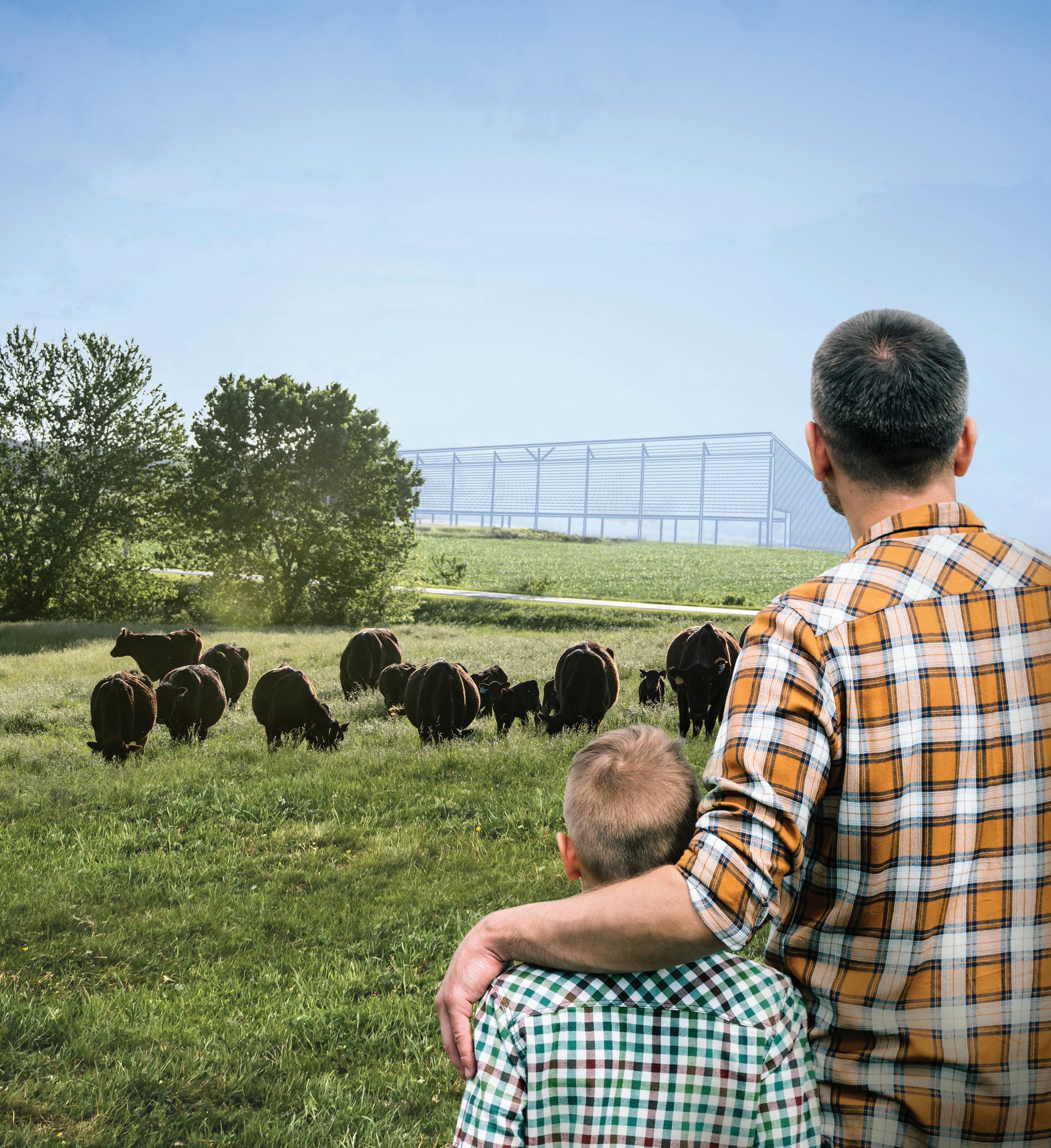





ADEL — Based in Adel, Hawkeye Breeders began in 1969 as the brainchild of Lloyd Jungmann, a legend in his own right as a herdsman.
In fact, people used to refer to him as the bull whisperer before his passing in 2009. He and his wife Doris ran the business together and today, with his grandson at the helm, Hawkeye Breeders has become a global leader in bull reproduction services, specifically collection and storage.
“He was a herdsman for 20 years for Iowa Breeders Co-op and we lived right there on a bull stud right in the backyard. We had an electric fence and I joked it kept the boys away,” Gloria Jensen, the Jungmanns’ daughter, said.
When World War II ended, Lloyd Jungmann had the option to attend veterinary school or obtain his pilot’ s license. He chose the latter.
“He should’ve been a vet. He was very good with problematic bulls and he grew up farming with his folks in Van Meter. My mom was from Dexter,” Jensen said. “He was so good that after the first year or so of being in business for himself, people wanted him to start collecting bigger volumes and from other states, so we partnered with a farmer in Ankeny and had him house the straws for us. Then a few years down the road, they bought the Adel farm.”
Hawkeye Breeders became the first bull semen collector to ship internationally, with customers starting out in Canada and South America. The business also became the first custom stud approved for Australia and for Europe. Custom means privately owned in this line of business, and they were able to earn that honor simply because customers wanted their services overseas, too.
“We have clients around the world who like U.S. genetics. Our artificial insemination center works with clients in France, Germany, Italy, Spain, Canada and Australia, both large and small clients. We’ve definitely been blessed,” Jensen said. “We take our business seriously, but with a good sense of humor. My dad always said
that anyone can do what we do, but it all comes down to the personal relationships we’ve built over the years and customer service. Our customers appreciate all that we do and how far we go with testing and exporting.”
The business also started out with many more beef clients than dairy, but Jensen said her parents realized that with artificial insemination, there would be a huge need for a variety of cattle lines.
“We used to be 90 percent beef and now we’re probably 70 percent dairy and 30 percent beef,” Jensen said.
“When you offer sexing, that changes the tide, especially for customers, especially the international ones.”
The business did expand into Montana
and opened Hawkeye West as well as a site in South Dakota, but both were sold to Genex. Now Hawkeye Breeders has a satellite business in Wisconsin.
There seems to be more competition now than in the past, Jensen said, but not from businesses with four generations and a global customer base.
“Dad made it look like too much fun. He always said there were no secrets in our industry,” she said. “But it seems the others seem to specialize, like one specializes in club bulls and another in just Canadian cattle.”
Hawkeye Breeders not only extracts semen and stores it, as well as ships it,
See HAWKEYE, Page 22C
-Submitted photo
HAWKEYE BREEDERS became the first bull semen collector to ship internationally, with customers starting out in Canada and South America. The business also became the first custom stud approved for Australia and for Europe. Custom means privately owned in this line of business. “We have clients around the world who like U.S. genetics. Our artificial insemination center works with clients in France, Germany, Italy, Spain, Canada and Australia, both large and small clients,” Gloria Jensen said.
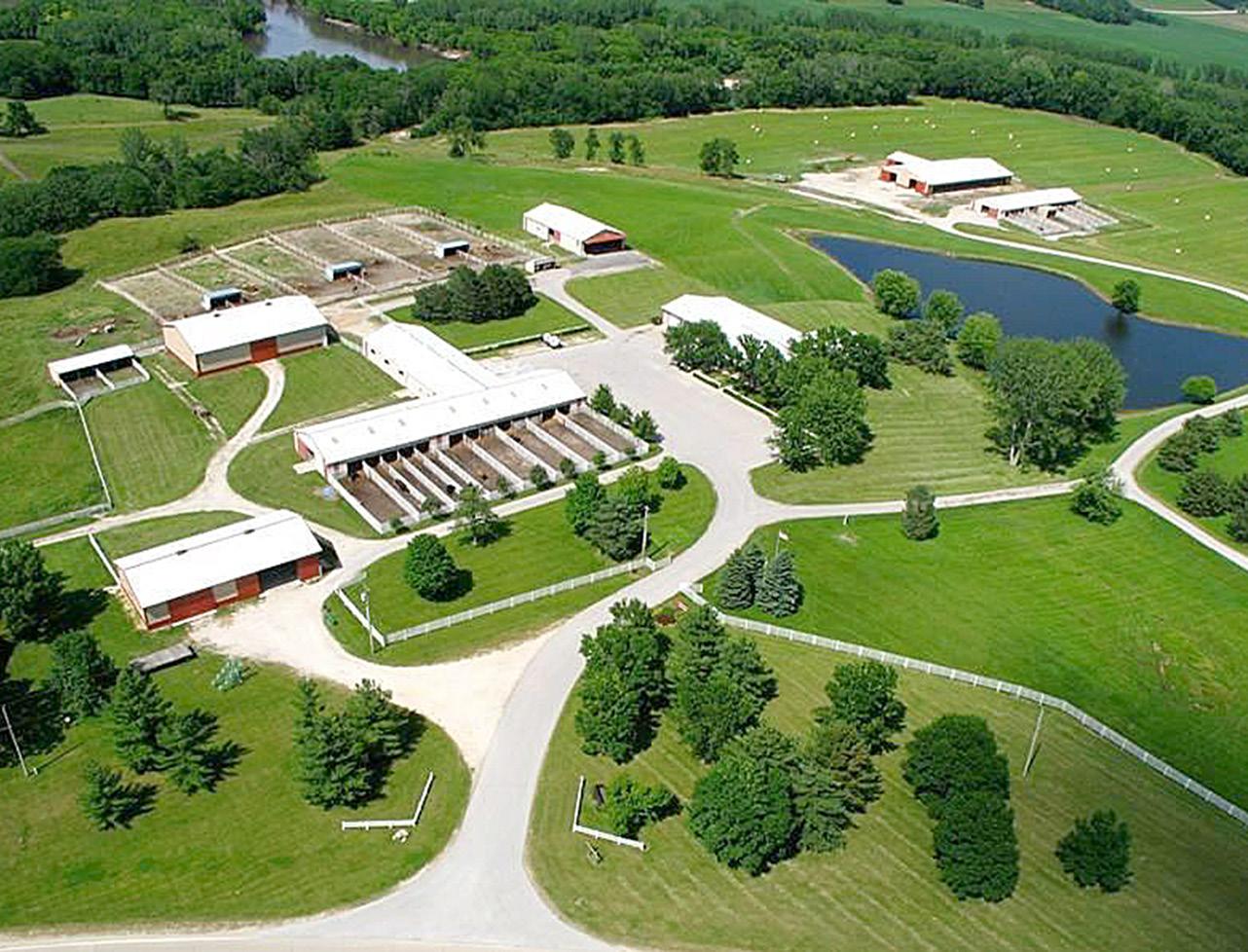






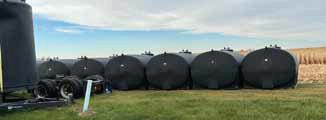
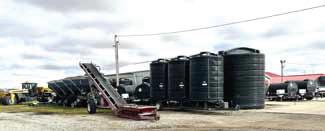
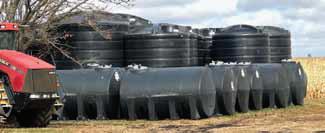



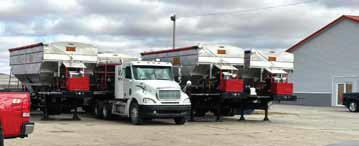
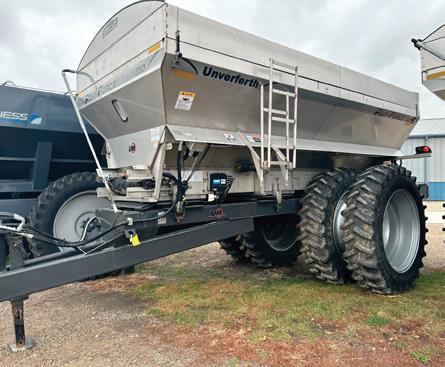
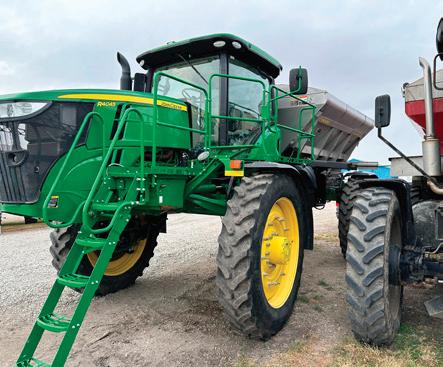

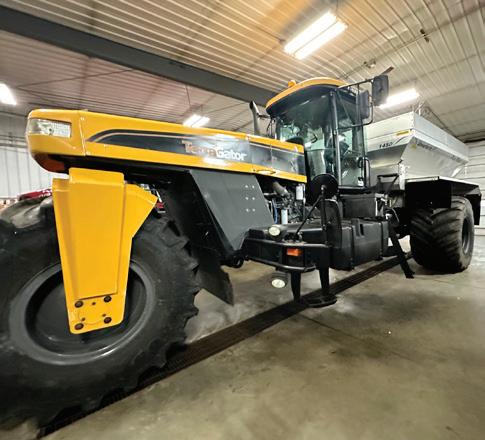

but also has partnered with ABS for sexing, which has proven to be 90 percent accurate.
“You can imagine how that affects the dairy industry where more cows are needed,” Jensen said.
All bulls in Hawkeye Breeders’ lineup are collected twice per week. Collections also can be done by appointment on bulls who aren’t on the property.
Hawkeye Breeders not only stores straws of semen on site and ships to customers, they also offer nitrogen refills on tanks, artificial insemination supplies and nitrogen.
But it’s not just about the collections, storage and shipping.
At Hawkeye Breeders, a reproduction plan will be worked up based upon each bull’s evaluation and a customer ’s needs. The bestsuited equipment, housing and semen buffer options will be customized to fit each bull’ s potency for optimal results.
They not only follow industry-approved (CSS) guidelines for proper housing and handling of bulls, but they feed premium hay from Kansas along with a nutritional special feed mix for the bulls.
Hawkeye Breeders also specializes in “ special needs ” animals that exhibit reproductive or physical challenges that prohibit them from breeding naturally or semen cannot be collected through traditional methods.
Embryo transfers have become a big deal now.
Jensen said Hawkeye Breeders has received “ very valuable” semen at their Dallas County farm from Wagu breeders in other countries, as well as other types of breeders. If there isn’t much semen left on a bull, an embryo transfer can be done where multiple eggs can be fertilized with one straw.
“We can fertilize eight or
even 20 eggs with one straw instead of one straw for one cow. It’s cutting edge in our business,” Jensen shared.
Hawkeye Breeders also has been involved in a couple of projects with drug companies who are testing the possibilities of using medications and treatments in cattle first before moving to humans.
Looking back over the years, Jensen said her family is honored to have collected some of the most amazing foundation bulls in the country for all breeds.
They’re also thrilled that the fourth generation is involved in the business now, something she knows her dad would be happy to see.
“My son, Dave, and his wife, Brandy, run the company right now. My husband and I were next in line but he passed away unexpectedly and much too young, so now my son ’ s sons are working for us,” Jensen said. “One is a student in high school and the other at Iowa State. My grandson and son-inlaw work for us, too. We also hire cousins ’ kids and local
high school kids.
“It’s awesome to be a family operation, and while we don’t know what the future holds, as we get bigger and bigger and focus on sexing, it’ll be interesting to see.”
David Jensen has been following his grandfather, Lloyd Jungmann, around since he was 10 years old and came into the business after attending Iowa State University.
Brandy (Fleenor) Jensen, his wife, grew up on a large cattle farming operation near Ida Grove.
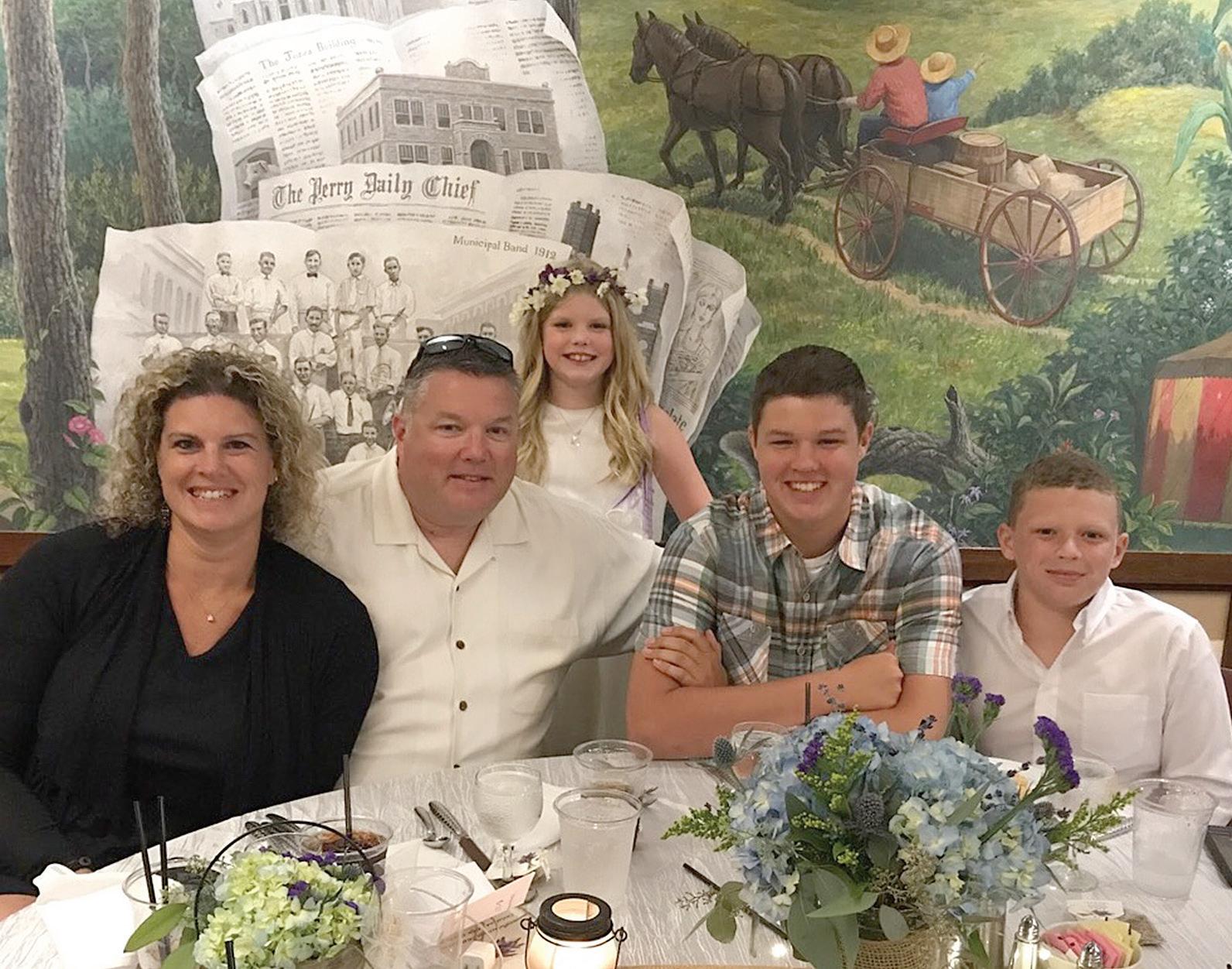
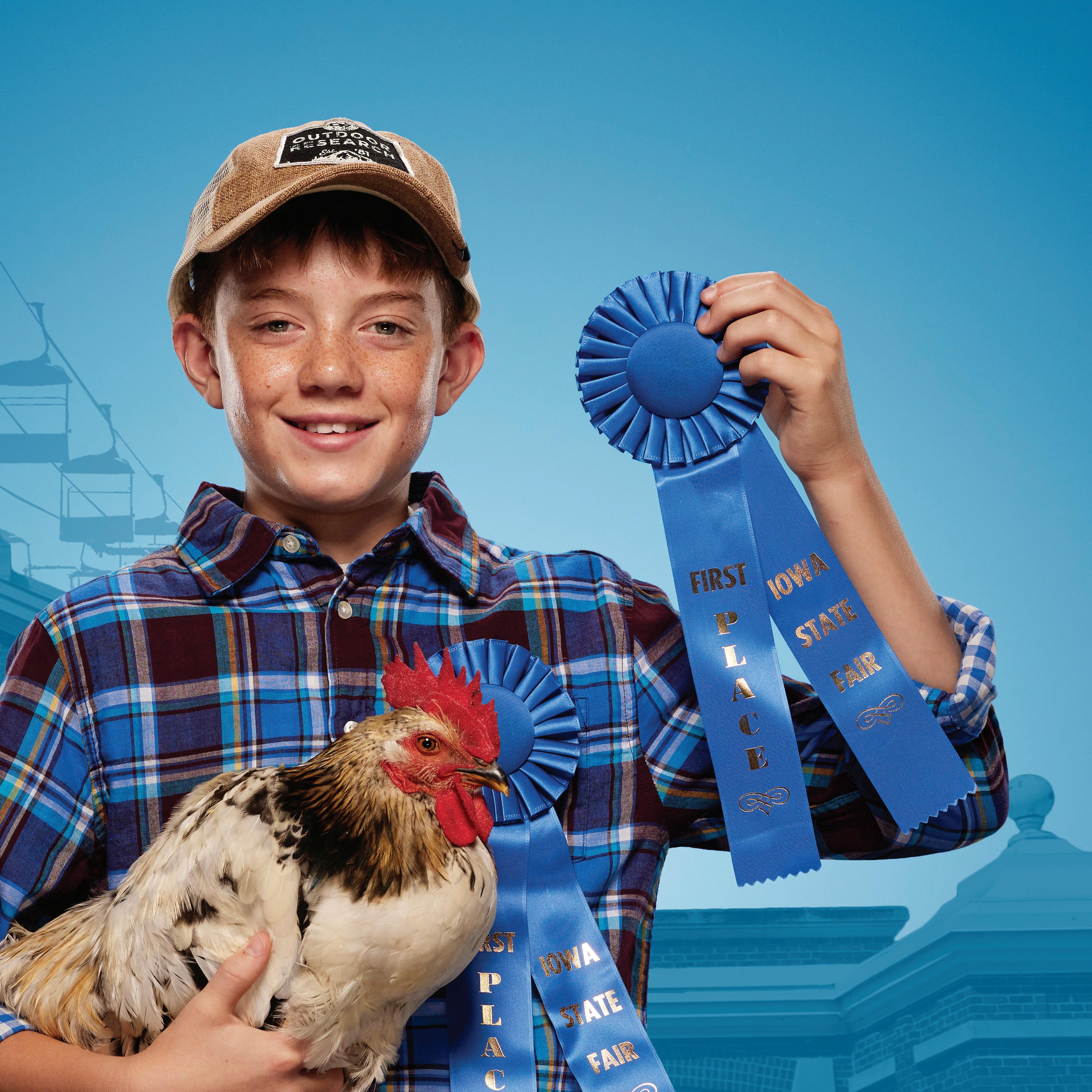
Farm News writer
A leader in conservation, Mollie Aronowitz grew up on a family farm south of Waterloo near Dysart.
She and her family raised corn and soybeans, but Aronowitz decided to study horticulture at Iowa State University and spent her 20s working at public gardens, including Millennium Park in downtown Chicago, Lauritzen Gardens in Omaha and Cedar Valley Arboretum in Waterloo.
Her dad had been managing farms with Peoples Company since 2002 and Aronowitz joined him in 2013, a move that allowed her to work with farmers and make a difference. She not only is a land manager but also the sustainability director at Peoples Company.
“It was a great opportunity to connect with my family farming roots and I found that I enjoyed the problem-solving aspect of the work,” she said. “Working in public gardens was taking a landscape — tending to it, fixing issues as they arose, tweaking management plans — and then turning around to the public and saying, ‘Isn’t this interesting? This is how it connects to you.’
“Managing farms is very similar, except I am doing it with row crops and landowners. We have a responsibility to take care of the land, but then also connect it to the larger working landscape and telling that story to landowners and stakeholders.”
As the sustainability director at Peoples Company, Aronowitz helps landowners by showing them what conservation practices can be incorporated on their land, which can be done independently or in partnership with a farmertenant.
Peoples Company also is the first private farm management firm in the country to be certified to the Leading Harvest sustainability standard.

to county averages in yield?
n How does the farm drain? Tile on the farm?
n How does the farm lay? Waterways, terraces, etc. on the farm?
“And how do the answers from general production questions affect yield/management decisions on the farm? More consistent dialogue with a tenant ensures a landowner better knows his/her farm and how different management practices affect the farm,” she said. “If a specific conservation practice is of interest, has the landowner talked about that practice with their tenant and/or any neighboring farmers? Every farm is different and we need to get the boots-onthe-ground knowledge to better understand best practices for each farm.”
Earlier this year, Aronowitz was given an Ag Leader Award in the area of conservation by Iowa Secretary of Agriculture Mike Naig. These awards are given to individuals and organizations who “make exceptional contributions to Iowa agriculture.”
“This standard helps us methodically tackle processes and tasks to help address sustainability demands and assurance at the farm from the supply chain and market,” Aronowitz said. “It is a rigorous process with third-party auditing and I assist with that process.”
Every land management company approaches conservation in a different way, she said.
“We like to assist landowners in being actively involved in conservation efforts. With the majority of the land in Iowa rented, too much emphasis is put on farmers and not enough on landowners,” she said.
“Farmers with a one-year lease don’t have an incentive to invest in conservation because they are trying to make money in that one year,” Aronowitz
continued. “Conservation is a long-game endeavor where each year of practice builds on the previous. Landowners have the power of the lease to incorporate sustainability provisions into their lease and require it.”
As a resident of central Iowa, Aronowitz manages farms mostly in her home region along Interstate 35. For conservation projects, edge-of-field practices can be a good starting point for landowners, she said, which typically addresses water leaving the farm: waterways, saturated buffers, bioreactors, prairie strips and other habitat efforts.
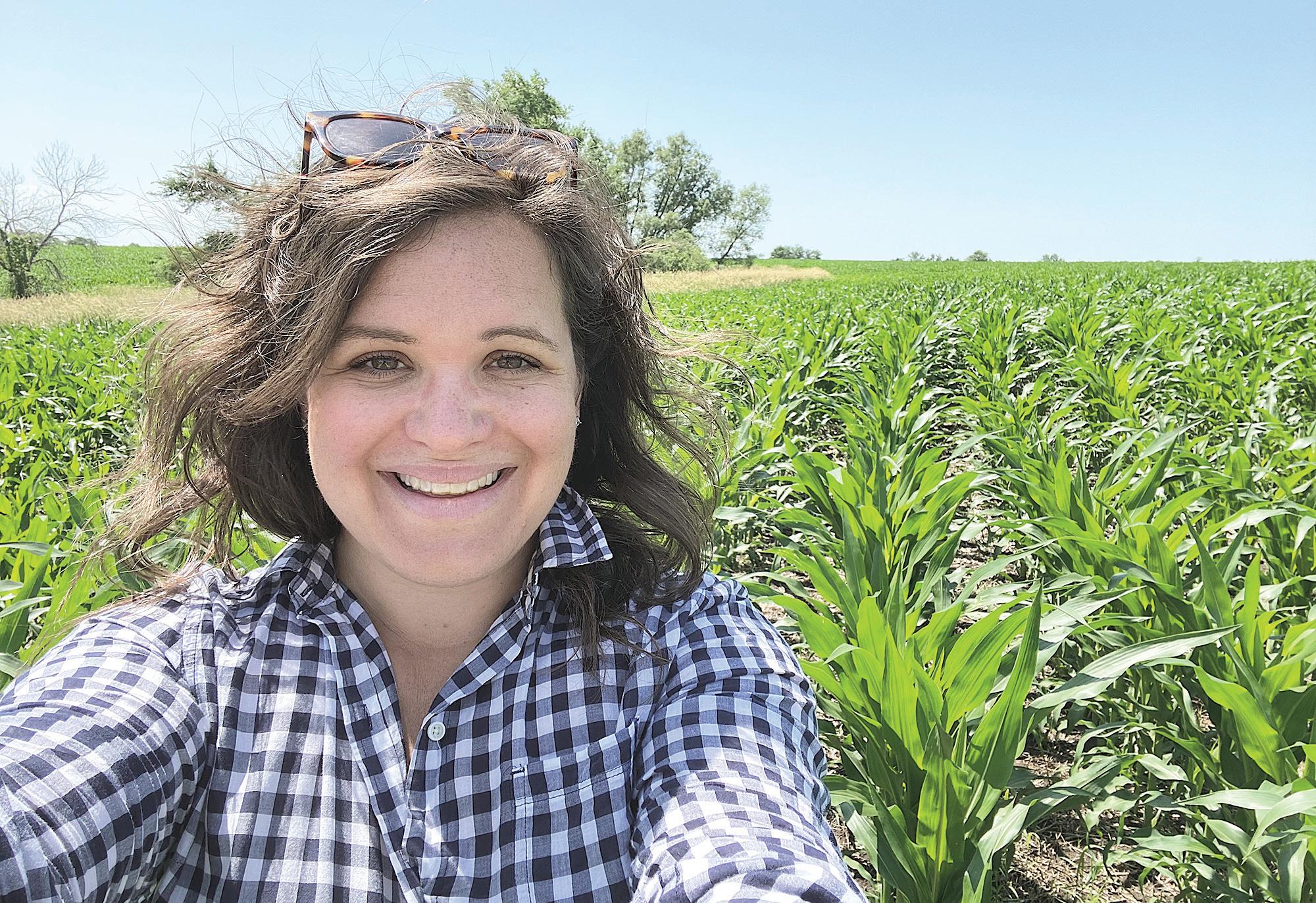
“EOF practices are improving the farm and typically are not creating an additional burden for the farmer tenant,” Aronowitz said. “Hopefully we are addressing erosion to help maximize production while
also protecting environmentally sensitive acres. We are adding conservation practices into farm leases and finding ways for landowners/tenants to partner on cover crops, etc.”
Aronowitz also is working with Practical Farmers of Iowa on a Landowner Coaching Program. Through the program, she meets one-on-one with landowners who want to incorporate more conservation into their farm. She commonly talks with program participants about better understanding and benchmarking their farm and asks them the following:
n Are there soil test results to review?
n What tillage practices are currently used on the farm?

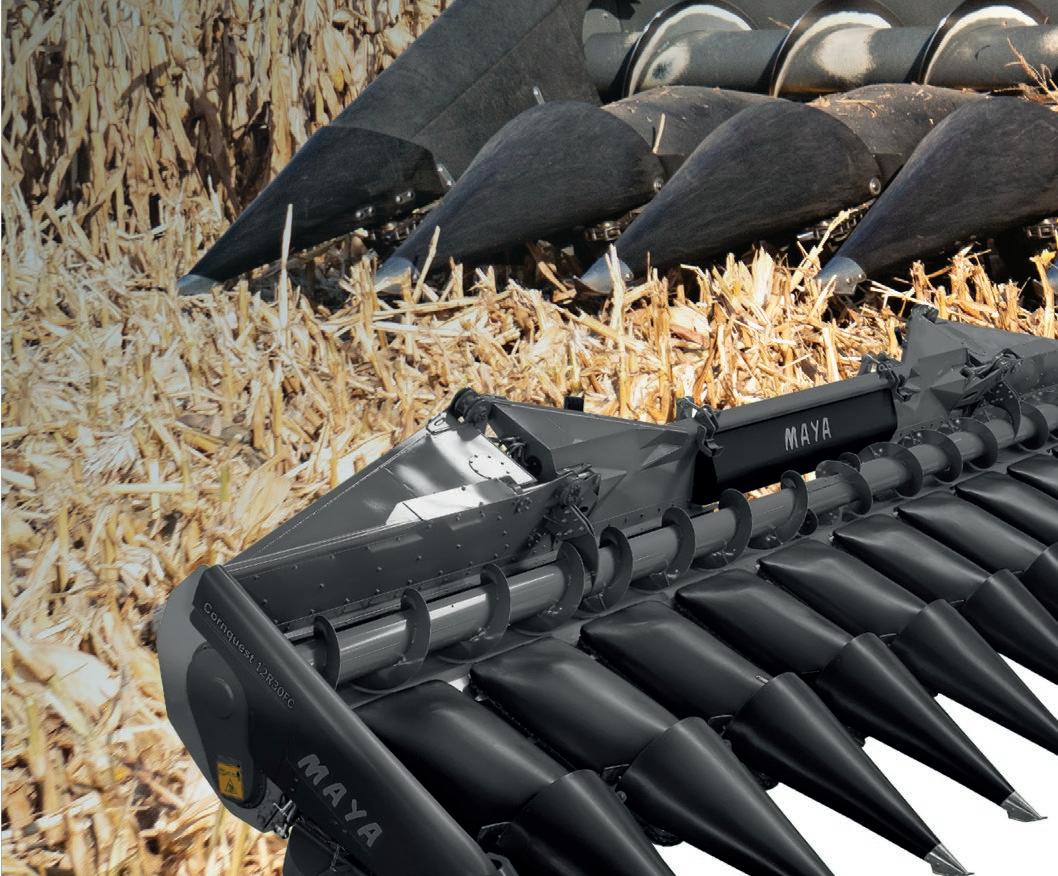
n How is fertility addressed on the farm?
n How does the farm compare
As the fifth generation to work her family’s farm, Aronowitz also became the first family member to be involved in the day-to-day operations.
Her family’s farm celebrated its 100-year anniversary in 2020 and she applauds other women who are getting involved in agriculture in the myriad ways available to them. She is a licensed real estate agent in Iowa and Minnesota, as well as an associate member of the American Society of Farm Managers & Rural Appraisers. She received her ASFMRA farm manager accreditation in 2018.
“If we can solve the financial issues on a farm, there is almost always a positive environmental impact,” Aronowitz said. “We like to find solutions for both landowner and tenant farmer to maximize production while also protecting environmentally sensitive acres.”




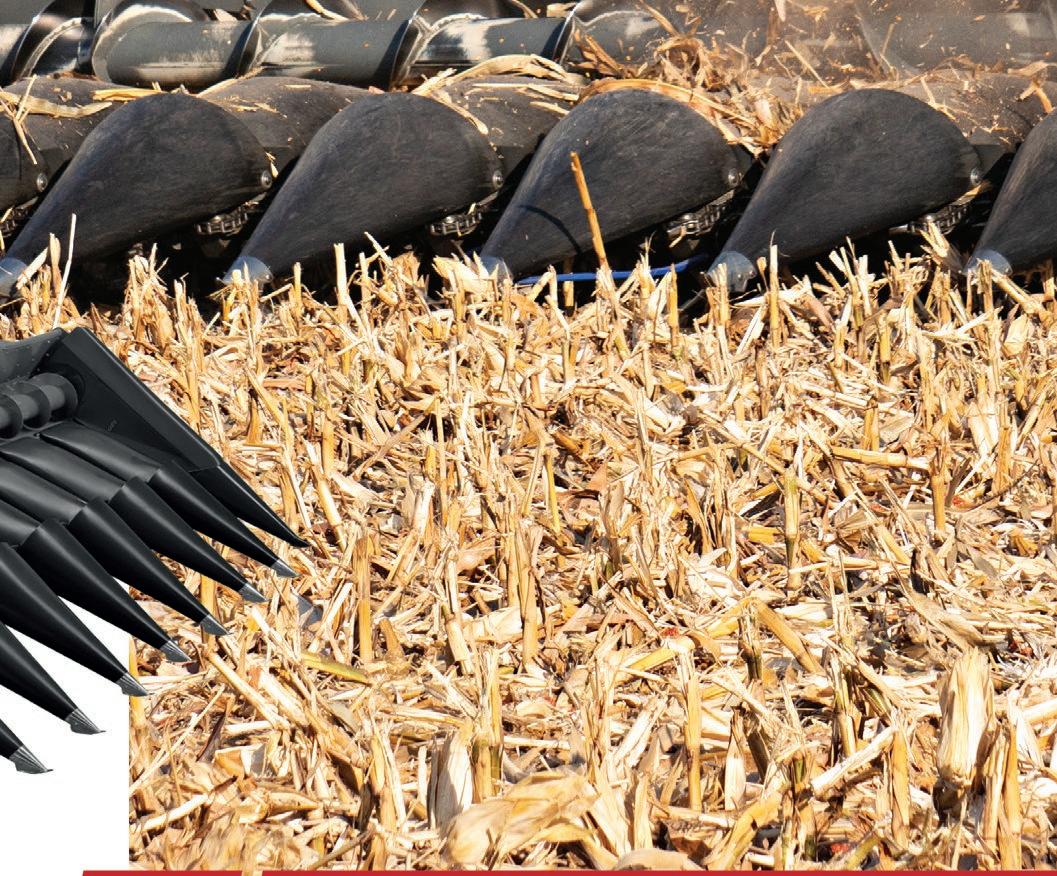
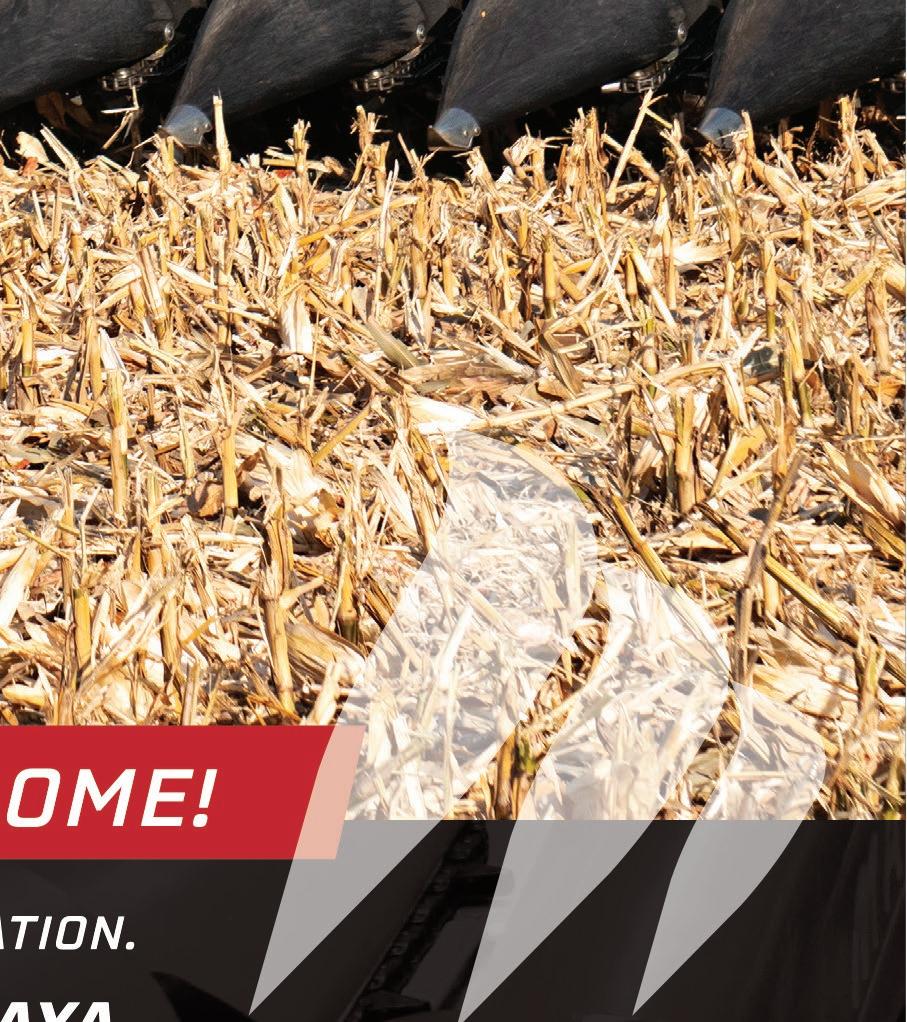



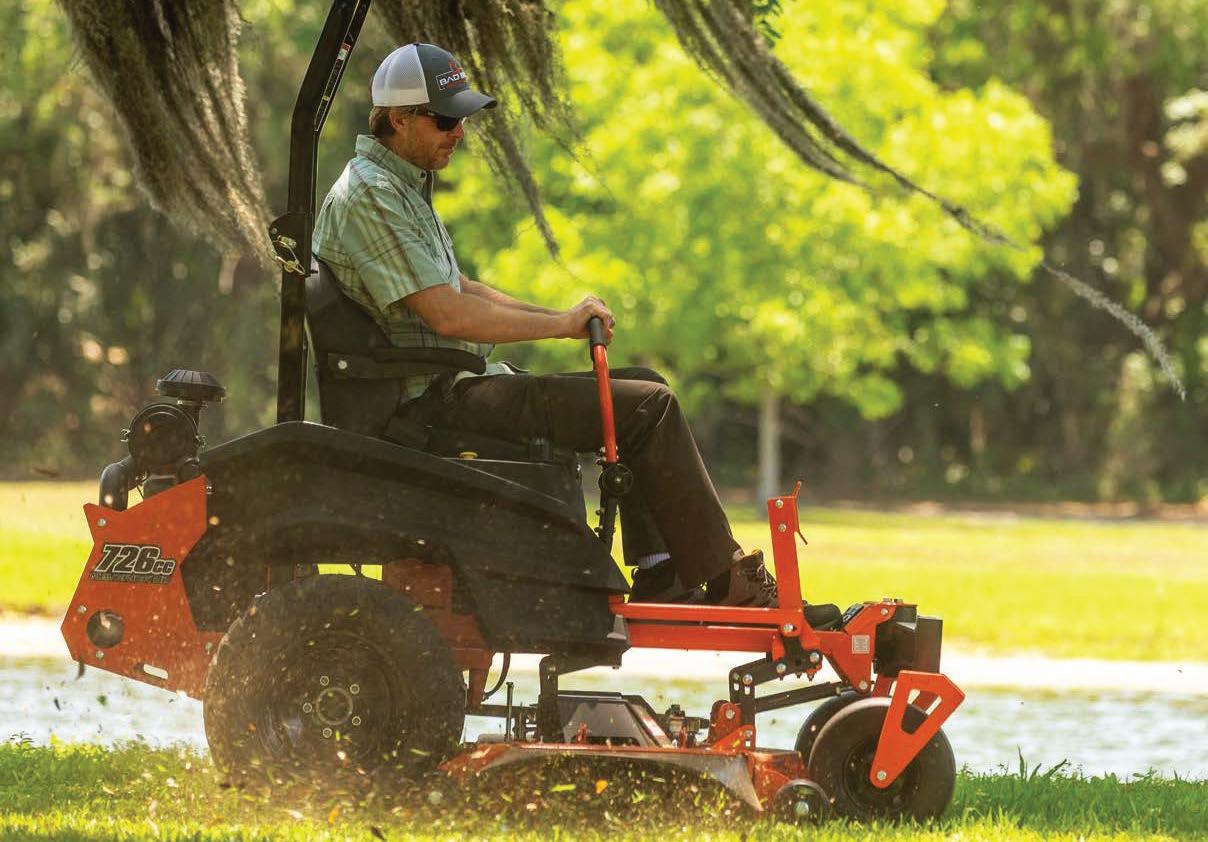



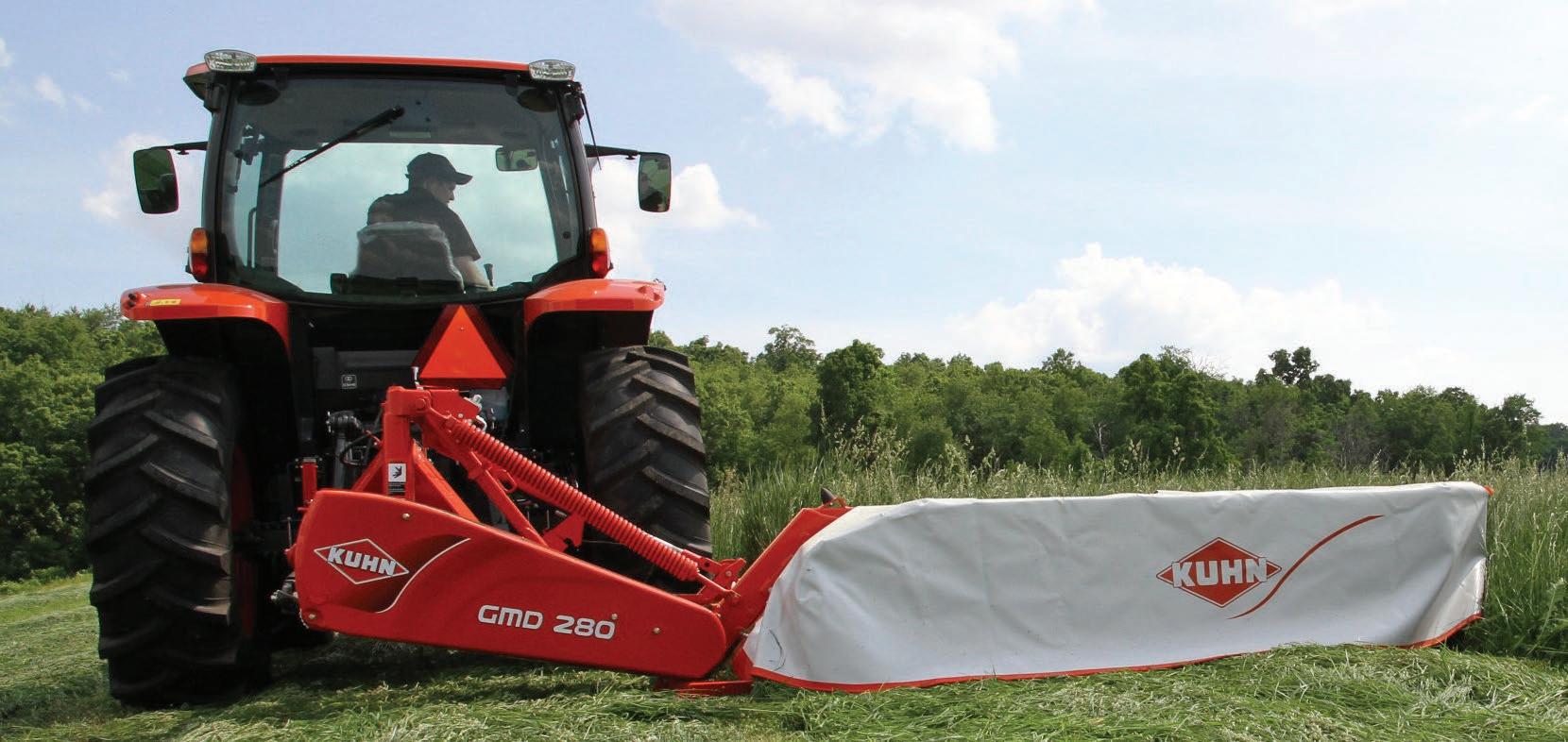



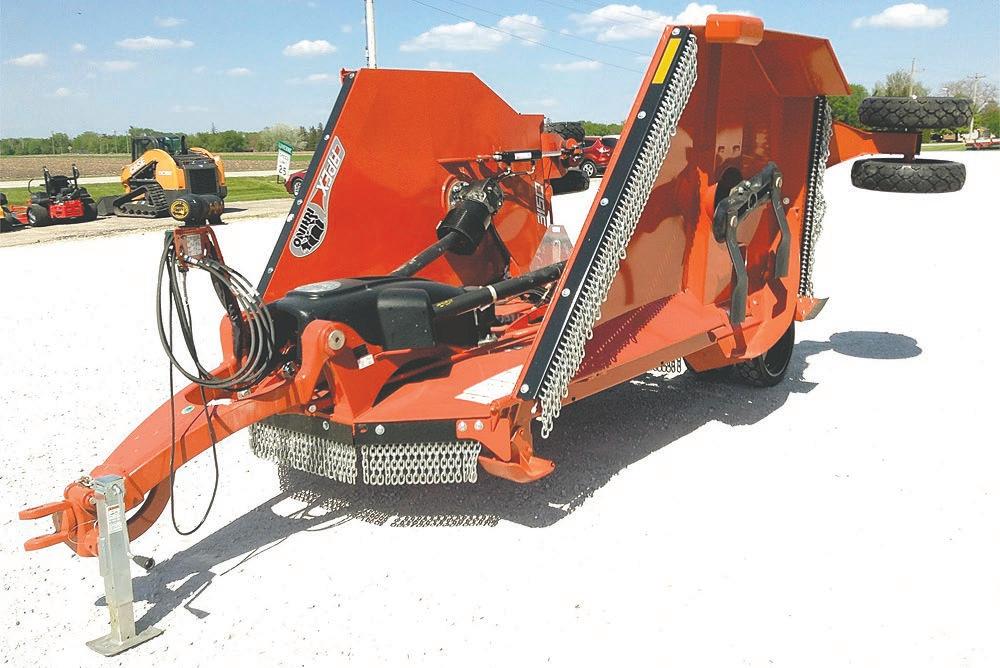

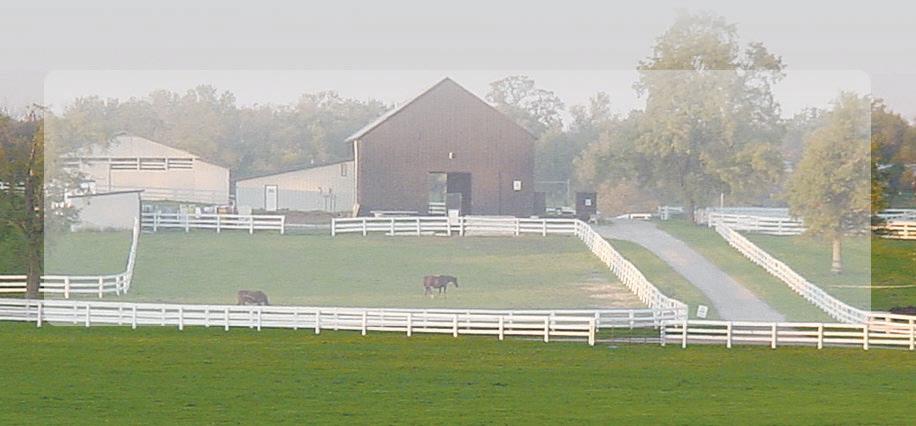


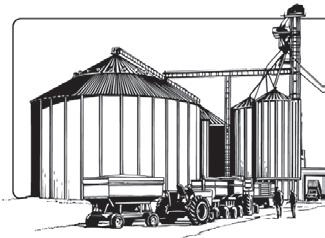
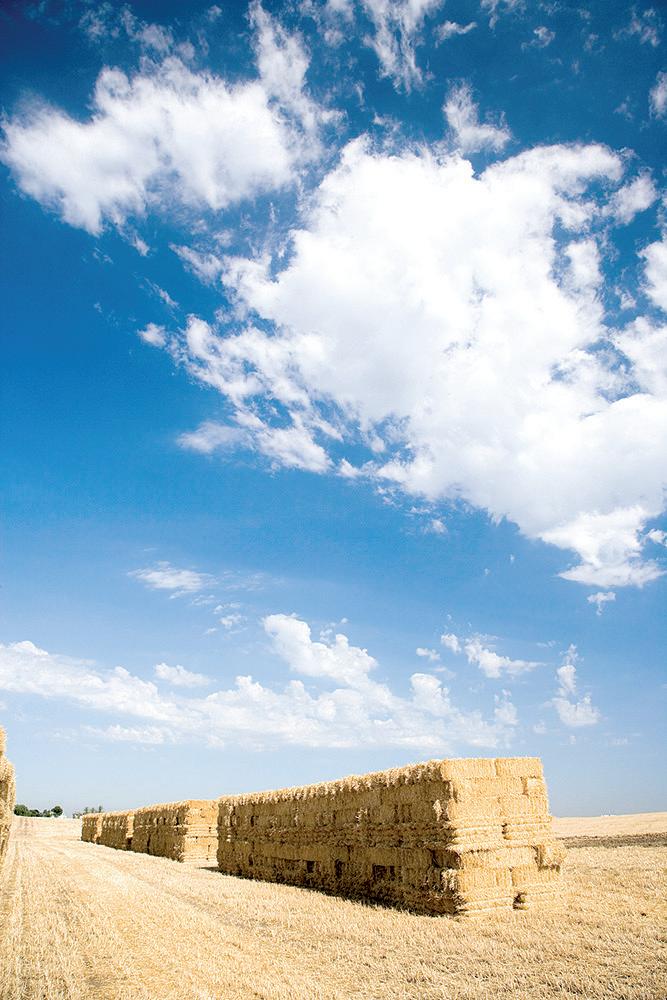
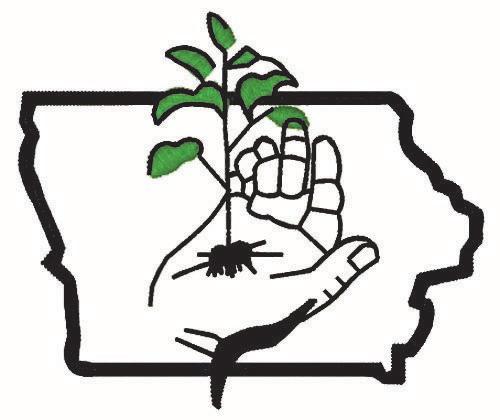
JEFFERSON — There’s a saying that there are two things parents should give their children: one is roots, and the other is wings. Chris Deal’s roots run deep at his family’s farm and Deal’s Orchard near Jefferson — the home he chose to return to after exploring the world and establishing his own career.
“My parents have been wonderful at letting us chart our own course,” said Deal, 38, a fourth-generation Greene County farmer, mechanical engineer and entrepreneur who moved back to Jefferson in 2016 with his family.
Deal was recently named to the Business Record’s “Forty Under 40” list, which honors Iowans under age 40 who have exemplified an impressive career defined by noteworthy achievements and community involvement.
Today, Deal splits his time between running a family farm and Deal’s Orchard, which was recognized as Iowa’s Outstanding Rural Retail Experience, and serving as a partner at an engineering firm that is a leader in sustainable design.
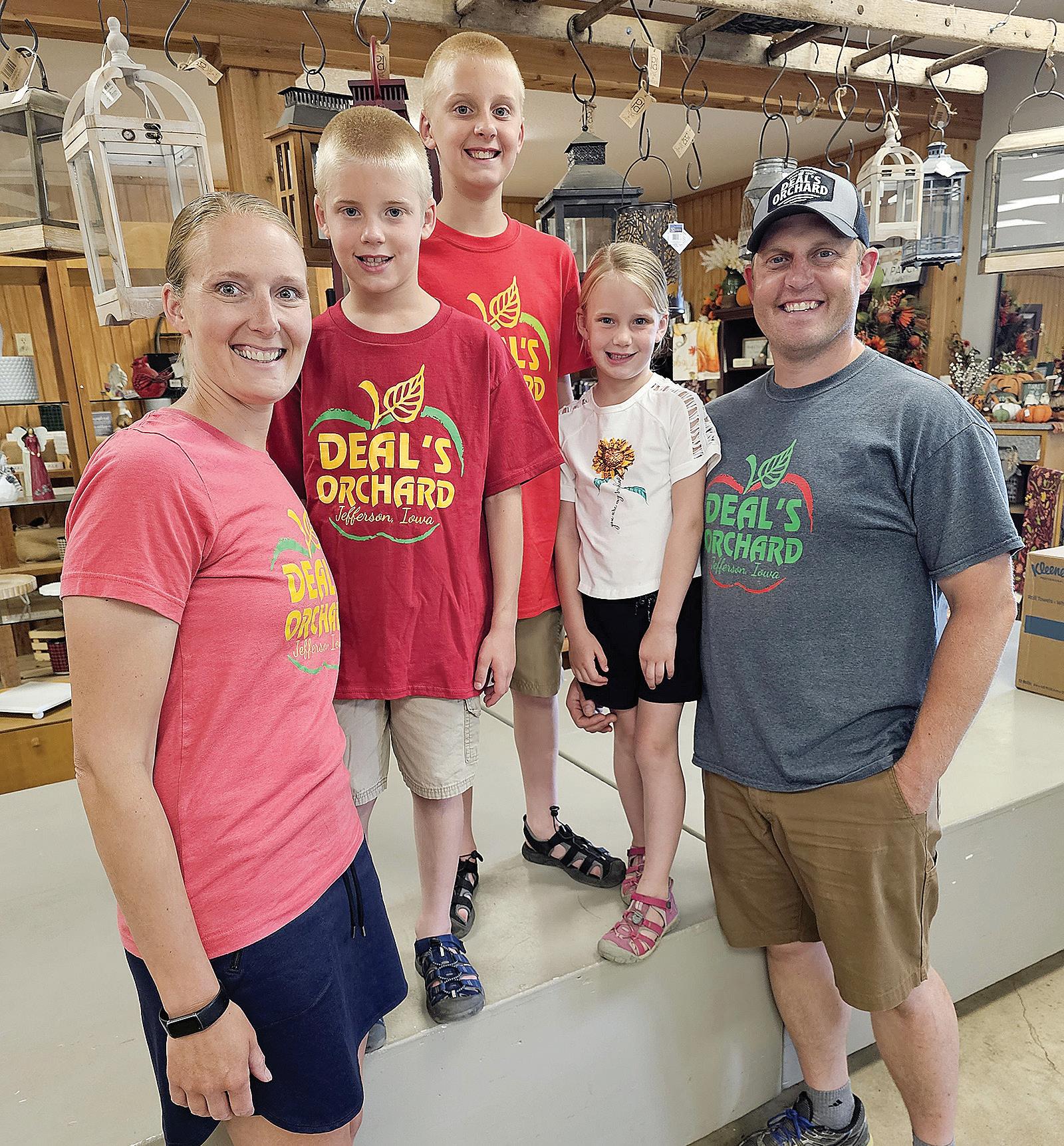
Here are eight lessons for success he’s learned along his journey:
1. Embody a work ethic. Deal’s Orchard is a family-owned and operated farm that began in 1917 when Frank Deal moved his family from Illinois and purchased the land that the orchard now occupies. For the past 100-plus years, five generations of the Deal family have transformed Frank’s hobby of growing apples into a thriving business. “When I was growing up, we kids raised our own vegetables to sell in the summer, and we helped with the orchard in the fall,” Deal said. “It was a pretty cool childhood. I learned a great work ethic and wanted to give my kids these experiences, too.”
2. Stay curious. After graduating from Jefferson Scranton High School in 2003, Deal enrolled at Iowa State University. He was interested in studying engineering, education or ag business.
“Anyone who farms knows that things break on the farm, and you have to fix them,” said Deal, who earned a mechanical engineering degree at Iowa












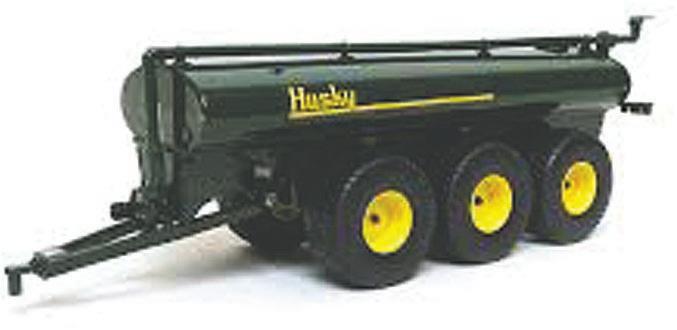
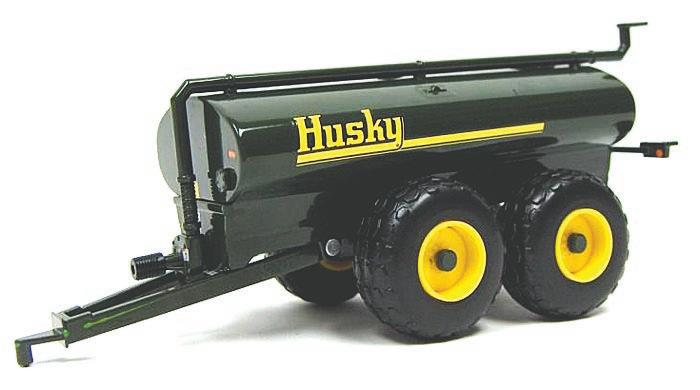
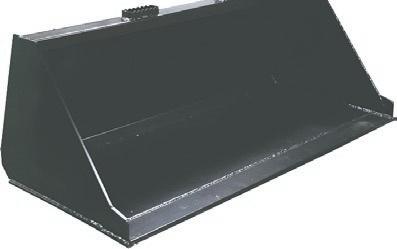
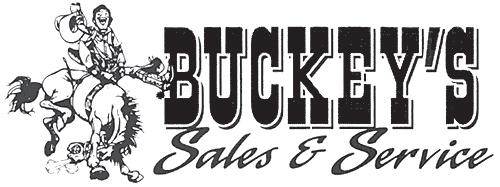
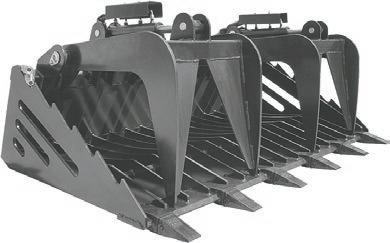






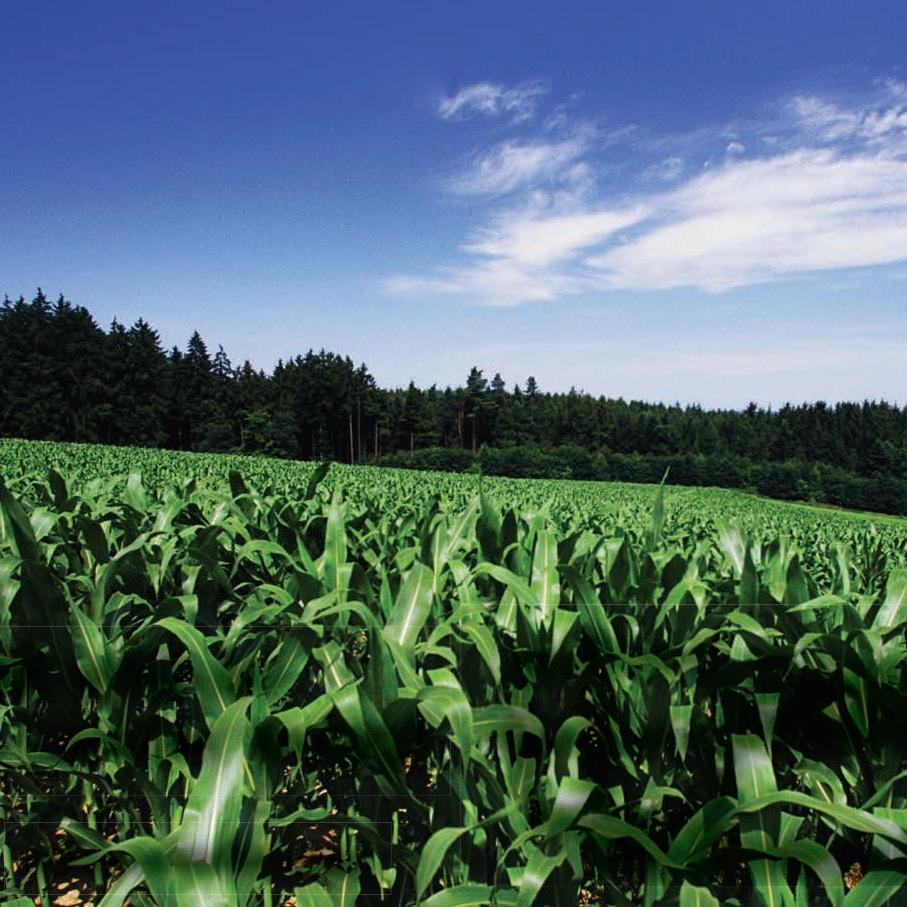






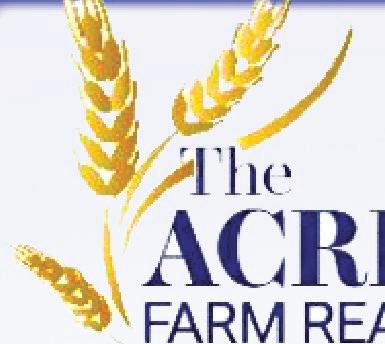
State University (ISU) in 2008. “I always wanted to know how things work and how to keep them running.”
3. Embrace a sense of adventure. During his years at ISU, Deal had three internships and participated in five studyabroad opportunities, where he traveled to Australia, Spain, Europe, Brazil and China. After graduating from ISU, Deal participated in a Rotary program where he lived in Uganda in 2008-2009. He also earned a master’s degree while he was in Africa. “My travels gave me a greater appreciation not only for the wider world, but also for rural Iowa,” Deal said.
4. Be open to new opportunities. After returning to the United States from Uganda, Deal taught math and science for two years in Missouri at Kansas City East High School. He signed up with the Teach for America program, which finds outstanding leaders who are willing to teach for at least two years in low-income schools. Among Deal’s students were young people from Somalia, Southeast Asia and beyond.
“I started with a group of highschool age students who had little or no schooling, since they were born in war-torn nations,” said Deal, who also coached baseball and football. “I started their math lessons with the concept of numbers, and after two years of hard work, the students were performing algebra.”
5. Build on your talents. After marrying his wife, Tracy (a farm girl from eastern Iowa) in 2010, Deal and his new bride moved to Ames in 2011. Deal landed a job with MODUS Engineering, a consulting engineering firm that specializes in mechanical, electrical and technology engineering for the construction industry. He’s now a partner with MODUS and cut back to part-time work with the firm in August 2020 so he could devote more time to the family farm and orchard business.
“I still go to Des Moines one day a week,” said Deal, referring to his work with MODUS. “It’s great to have the flexibility to continue my engineering career and work on the farm.”
6. Have a positive vision for the future, and lend a helping hand. In Jefferson, Deal’s community efforts have helped
complete several historic renovations of downtown buildings designed to attract multiple new businesses. He also helped create the vision and plan that allowed for a $35 million school and career academy project for Greene County.
“When a second attempt at a school bond referendum was defeated by a narrow margin in 2016, not long after we’d moved back to Jefferson, it felt like a gut punch,” Deal said.
His participation in Leadership Iowa in 2016-2017 inspired him to look at new
options. “One of our Leadership Iowa classes met in Pella, and we toured the Career Academy of Pella,” said Deal, referring to a state-of-the-art building where the Pella Community School District offers courses and programs focusing on career and technical education.
Deal thought about all the manufacturing in Greene County, from New Way in Scranton to John Deere in Paton to Power Lift and Spalding Equipment in Jefferson. He worked with other leaders in Jefferson and Greene
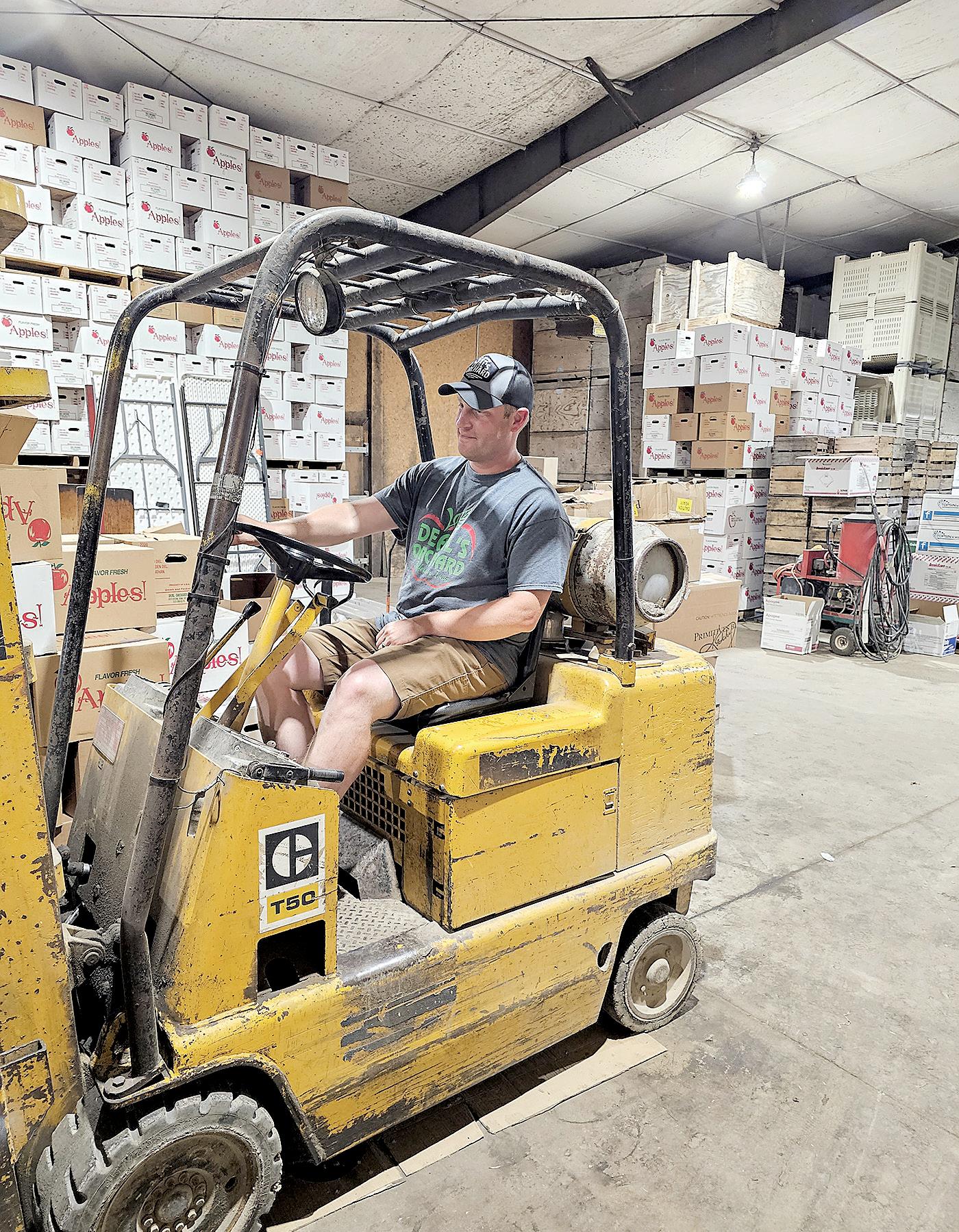
County to approach Iowa Central and pitch the idea of a career academy in the county. Although Iowa Central officials were apprehensive at first, the Greene County team was persistent and worked diligently to find creative solutions to make this dream a reality.
Today, the Greene County Career Academy offers students opportunities to learn about manufacturing, health sciences, computer science and more.
“We’ve been blessed to have multiple generations of capable, strong leaders in our community who are incredibly knowledgeable and passionate about the local area,” Deal said. “We keep looking for new ways to bring new projects across the finish line.”
7. Find new ways to remain relevant. Throughout the past 100-plus years, the Deals have grown and diversified their farming operation through the addition of fresh produce such as sweet corn and pumpkins, as well as agri-entertainment activities, including a corn maze, u-cut Christmas trees, and pick-your-own apples. The core of the business remains focused on apples and the products created from them, such as fresh cider, apple pies, cider donuts and hard cider.
The Deals also farm 200 acres of corn and soybeans. In 2022, Deal and his family worked with Practical Farmers of Iowa to fine-tune their nitrogen management. “I’ve made a conscious effort to utilize sustainable farming practices, including no-till and cover crops, and I hope to right-size the amount of nitrogen I’m using on our farm,” Deal said. “By focusing on the amount of nitrogen that offers peak profitability, rather than peak yield, I hope to avoid the use of unnecessary fertilizer and further reduce the possibility of leaching and runoff.”
8. Become a problem solver. Deal grew up in a world defined by the legacy of the 1980s farm crisis. “Our generation was told that to do great things, we had to leave rural Iowa,” he said.
During his career, however, Deal has learned that farming, engineering and rural economic development are all about problem solving. “There’s enormous opportunity in rural Iowa,” Deal said. “Don’t live in the ‘good enough’ world. That’s why we keep trying to think outside the box, try new things and create something memorable.”
Burt
888-920-3555

Armstrong 888-802-3897

Bancroft/South Burt
800-298-4196
Fenton
800-721-2251
Buffalo Center
800-852-4718
North Burt Ag
800-292-0240
Blue Earth 507-464-3333
Cylinder 800-414-3335

Halfa 712-866-2671
Lakota 877-886-2461
North Burt Grain
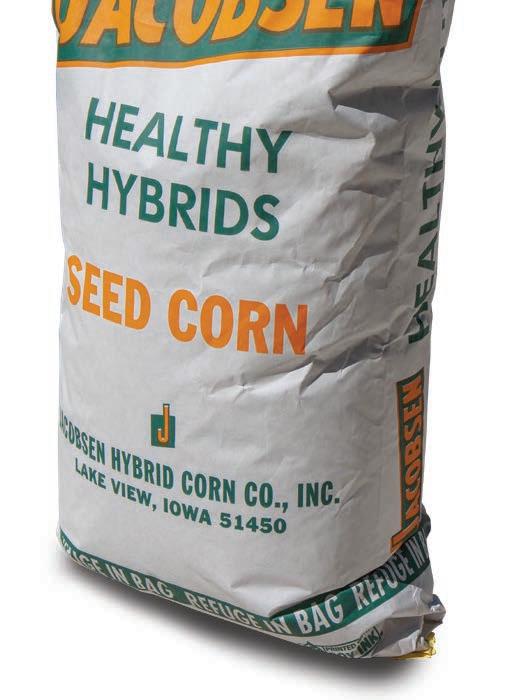


800-373-8509
Maple Hill
800-776-8571
Ledyard 800-646-2135

Lone Rock 800-298-4246
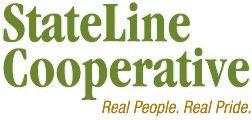
Ringsted 800-469-0581
Swea City 800-574-2178


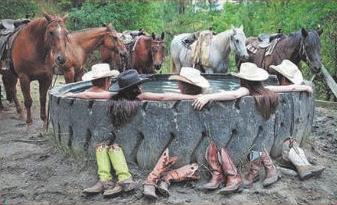
ALTA — It’s been two months since Erik Lightner and his wife arrived in northwest Iowa, and his home is only a quarter mile from the Platinum Crush plant where he holds the title of chief executive officer.

Platinum Crush is a manufacturing facility that is being built northwest of Alta in Buena Vista County; 70% of those hired will be operationally facing and the remainder will be commercial and accounting employees.
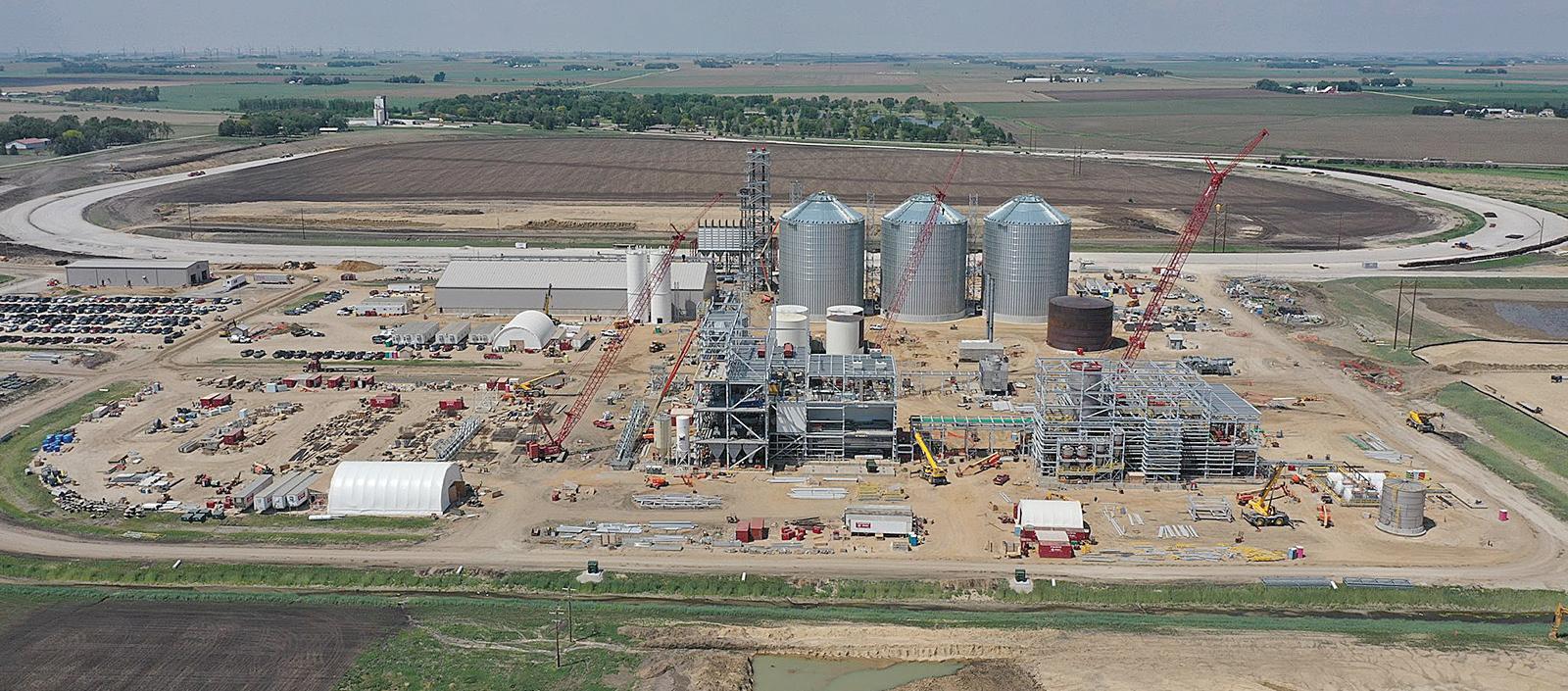
For all practical purposes, this is not Lightner’s first rodeo.
“My wife and I have lived in central Illinois,” said Lightner. “We have also resided in Kansas City, Missouri, and Lincoln, Nebraska. We also had two international locations with Archer Daniels Midland (ADM) and most recently with Haskell for the last seven years in Jackson, Florida. No matter where I go, I enjoy the challenge of a leadership position.”
For Lightner, this opportunity is an extension of his ability to guide an organization.
“At ADM, their focus was to hire chemical engineers for operational roles,” said Lightner who has a chemical engineering degree from Penn State University. “Chemical engineers have an ability to learn different things. Many times, that’s process focused, so we were able to work in soy crushing, oilseed refining, flour milling, corn processing, and cocoa-chocolate — and we can assimilate to all different processes.
“At the end of the day, most people don’t care what your degree is,” said Lightner.
“They’re more interested in your ability to help solve problems. I understand how inputs become outputs when it comes to manufacturing.”
At ADM, Lightner gained a philosophy that has served him well during his career.
“The ADM ladder for me was to build the plant and then run it,” said Lightner. “There was a time when I ran the biggest food oils packaging facility we had on the globe in Decatur.”
When Lightner went to Lincoln, he switched to flour from soy and then oil to flour. His next stop was London and then to northeast Pennsylvania to build a chocolate and cocoa plant.
“In Pennsylvania, we ran a similar type of project to Platinum Crush,” said Lightner.
“Obviously, it was a different part of value-added agriculture being cocoa and chocolate. From the capital perspective and building business from the bottom up, it was quite similar.”
From Pennsylvania, Lightner went to Singapore for international work in the cocoa industry, filling out his 21 years with seven locations.
For the last seven years, Lightner worked for Haskell, an architecture, engineering, and construction company where he helped clients start up their business, build their business, or improve their business.
“All of these experiences culminated into a right reentry point to bring the Platinum Crush vision alive,” said Lightner. “From an agricultural perspective, northwest Iowa is the place to be. This is historically a 50% to 70% export market for soybeans.
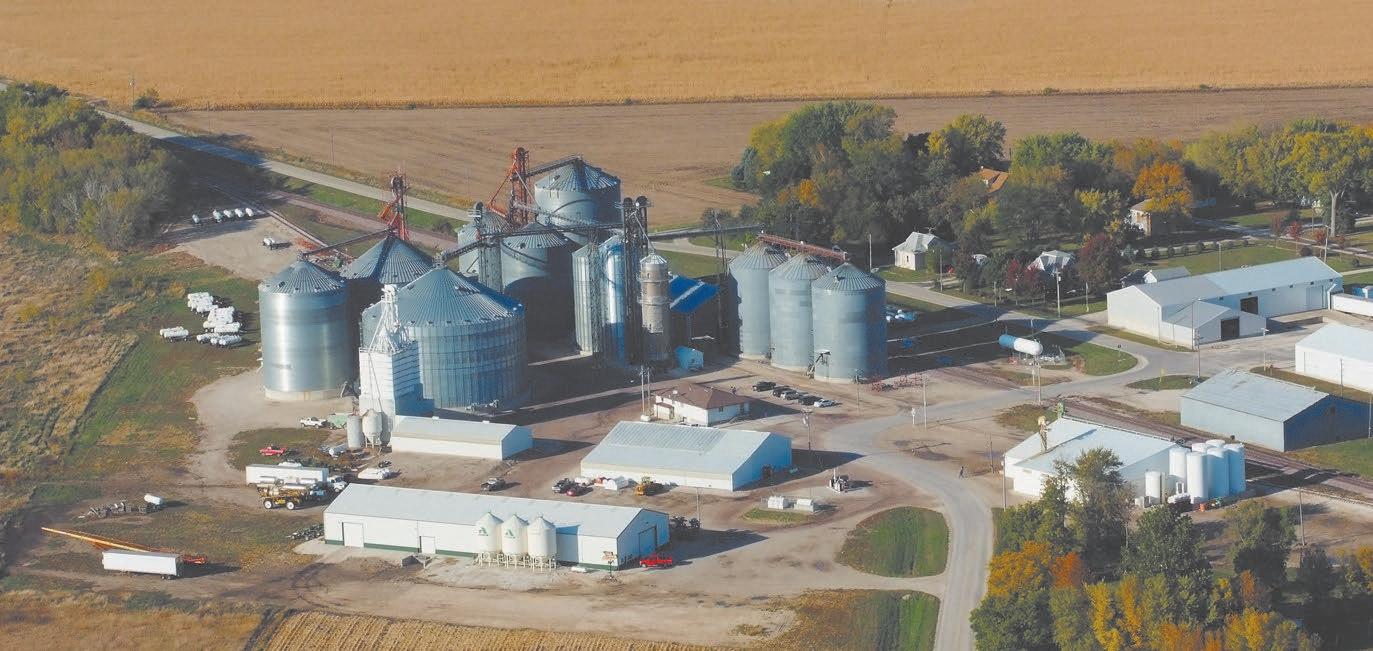
“What the local producers were growing was going outside of the county for the most part. Our area is the supplier for the global protein and fat markets. We are going to take locally grown soybeans and manufacture them locally. These products are going to go
to market in various markets in the global supply chain.”
Platinum Crush is targeting May of 2024 for opening.
Lightner said that the construction is progressing “extremely well with a legitimate opportunity that the construction could be pulled forward.”
“Permanent power is on schedule to meet our date,” said Lightner. “We don’t see any hang-ups with the supply chain. Coming from construction, I don’t consider building the physical assets normally that difficult.

“Our biggest challenge is building a business and having the business ready in all aspects, from safety to quality to how we transact business with producers and customers.”
Lightner expects that his plant will hire 55 to 65 people.
“We want to get the best people and give them the best opportunities,” said Lightner.
“Once we get the right people,
the velocity with which we can make decisions will increase. My focus is to build the team and lay the foundation of what the business infrastructure is going to be and then gain critical mass with team size so we can do all the work when the assets are ready.”
Employees will serve in operations and commercial teams to operate a 24-7, 365-day-a-year plant.
“What we’re looking for in employees, regardless of functional role, is integrity, respect, and work ethic,” said Lightner. “These core values and beliefs exist in northwest Iowa due to the way people are raised here. The core values build trust and commitment, allowing us to build a team which can operate and lead a business with excellence.
“This kind of culture will have a direct impact on the producers, customers, the team members, and ultimately the surrounding communities.”


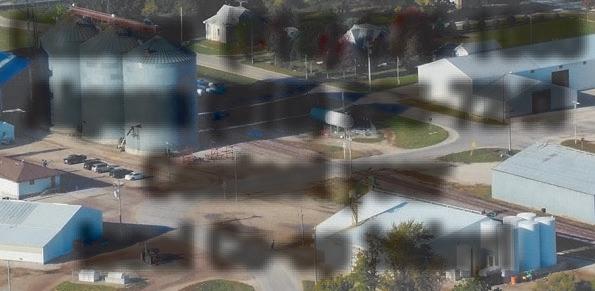
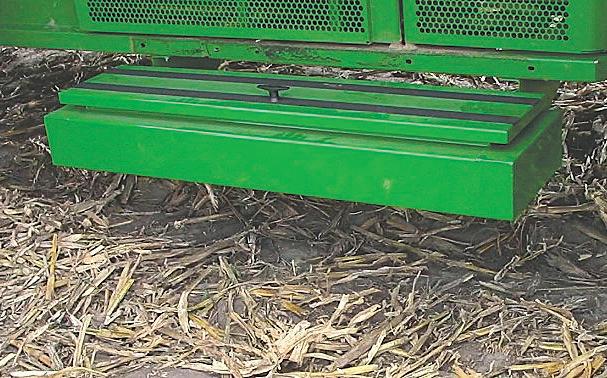

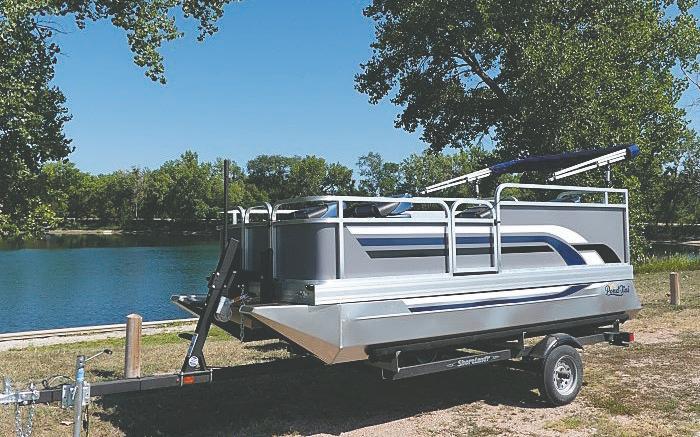

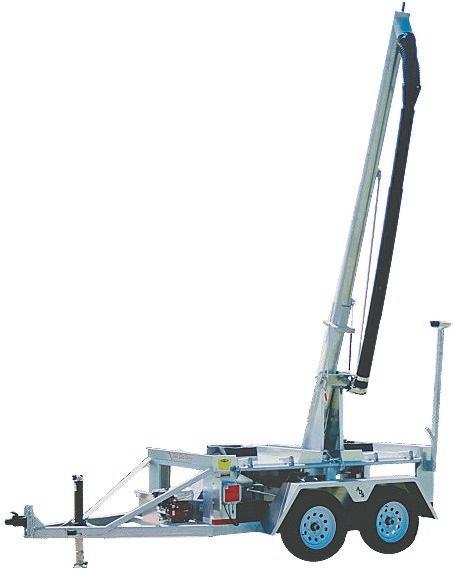







Early mornings. Late nights. No summer breaks. Classrooms, competitions and many miles in between. It’s a story Steve Kehoe knows well.
While he’s wrapping up a 40-year career in ag education, including decades at Southeast Valley High School, Kehoe isn’t quite finished yet.

“I’ve been too busy trying to help prepare things for the new ag teachers,” said Kehoe, referring to his replacement, as well as the new middle-school ag teacher that Southeast Valley recently hired. “We’re very fortunate to have two ag education teachers in our school district. I’m so happy the administration and board of education understand the value of ag education.”
This local support means a lot to Kehoe, who grew up in the Callender area, graduated from Prairie High School in Gowrie in 1978 and began teaching at Prairie in 1991. Farm News caught up with Kehoe this summer while he was coaching some of his FFA members for an upcoming crop-scouting competition.
Q: What motivated you to become an ag teacher?
A: I was going to major in ag business at Northwest Missouri State University (NWMSU), but my advisor recommended I become an ag educator, since that would give me opportunities for a variety of careers.
Q: What path did your career take?
A: I started my teaching career at Charter Oak-Ute and
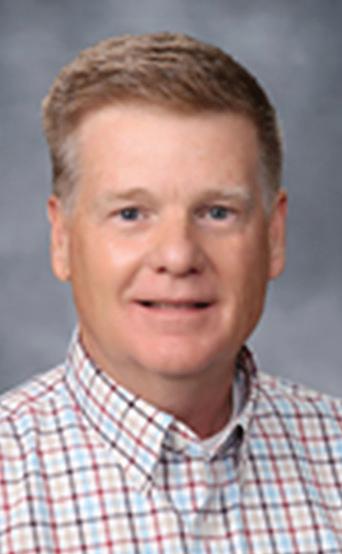
Long before he became chief officer of strategy and brand management at the Iowa Soybean Association, Aaron Putze was growing up on a farm near West Bend. Steve Kehoe, who was one of his high school ag teachers, left a lifelong impact.
“Steve was the consummate educator,” said Putze, who is grateful Kehoe was his FFA advisor during his junior and senior years of high school. “He was always teaching, but allowed us to find our paths and do things our way. He was humble and allowed students to lead, while always expecting we’d give our very best.”
17, junior; and Ryan Wicklein, 16, junior, who will be competing in the 2023 Iowa Youth Crop Scouting Competition on July 27. Kehoe is helping the students learn the fine points of weed identification.
taught there for three years. Then I taught at West Bend and thoroughly enjoyed my time there. When a job at my high school alma mater opened up, I applied, accepted the position in 1991 and have been here ever since. Back then, the local FFA chapter was down to about 15 members, and it took a lot of work to build the program back up. Also, there were about two girls in the ag program in the early 1990s. Now five of my nine FFA officers are female.
Q: Did you have any mentors or colleagues whose advice helped guide your career?
A: The teachers in the ag education community have an incredibly strong professional network. The Iowa Association of Agricultural Educators
(IAAE) has provided services to Iowa ag teachers for more than 50 years. They understand the challenges teachers face and know the amount of time it takes to be successful. I was honored to be elected IAAE president from 2018-2019. This gave me an opportunity to work with ag education teachers across Iowa and give back a little for all that IAAE had provided me the past 40 years. It was a humbling experience.
Q: What are some of the most significant changes you’ve seen in ag education during your teaching career?
A: The biggest challenge for me has been trying to keep up with technology. There was no internet when I started teaching in 1983. I still have an Apple IIe computer with floppy disks.
Q: What have been some of your favorite classes to teach?
A: I enjoy teaching about soils and other natural resources.
Q: What might surprise people about the realities of being an ag teacher?
A: I think people would be surprised by the large amount of time you spend on activities outside of the classroom. During the FFA paperwork and contest season (January through March 1), I’m usually in the classroom working with students and their applications almost seven days a week.
Q: What are the most challenging parts of being an ag teacher?
A: Time management and
See KEHOE, Page 36C
Back then, Putze wasn’t considering agriculture as a career, but he did serve as an FFA officer and participated in many career development events. “Little did I know that extemporaneous speaking, parliamentary procedure and conduct of meetings would serve me so well as a communications professional who serves farmers in association work,” Putze said.
Today, careers in agriculture are exploding, from agronomy and data management to ag sales and grain merchandising.
“Ag teachers are on the front lines of introducing young people to the many exciting endeavors related to feed, fuel and fiber production,” Putze said. “Ag teachers have a lifelong impact on people and the ag industry. Steve is an exceptional ag teacher, and he will be missed in the profession.”





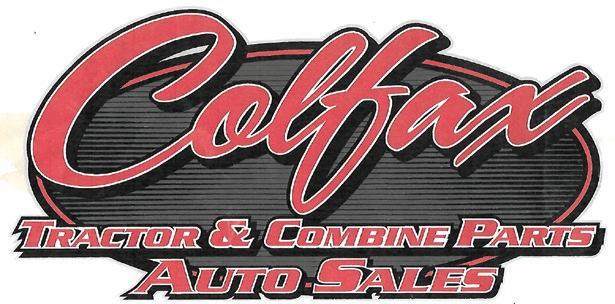































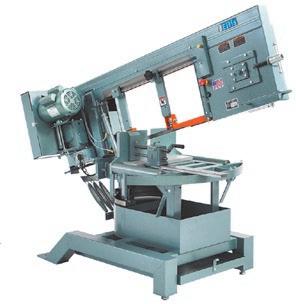
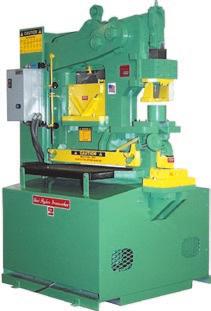
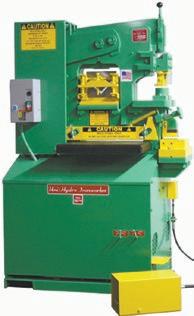

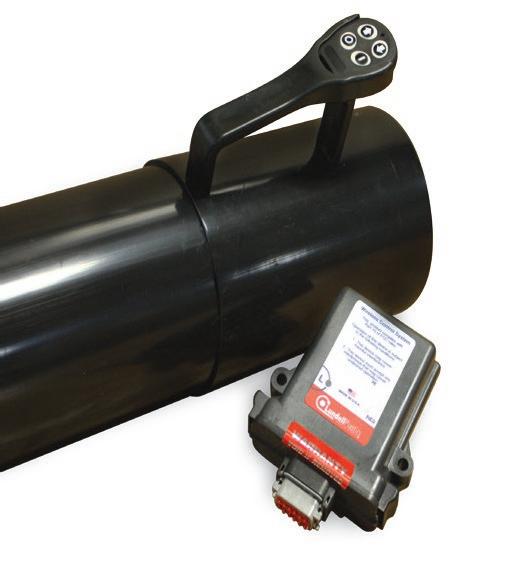
telling yourself you cannot do everything. In addition to my ag education role, I also coached volleyball for 34 years, plus I farm and raise corn and soybeans.
Q: What’s your advice to a young person just starting his or her teaching career?
A: Take your time, don’t panic, and be patient. You need to stay in the same program for at least three years before moving. It takes time to build a program and rapport with students, colleagues and the community.
Q: Any favorite quotes or words of wisdom that guide your decisions?
A: I’ve always loved Yogi Berra’s quote, “It ain’t over until it’s over.”
Q: What benefits do kids gain by participating in FFA?
A: There are so many benefits. Whether it’s a student being named Star Iowa Farmer or becoming a National FFA proficiency finalist, one of the most rewarding parts of being an ag teacher is seeing students succeed. FFA also broadens students’ horizons. I had the opportunity to take two local students for 28 days on an Iowa FFA-Russian exchange trip. I’ve also enjoyed the opportunity to travel to Honduras, Costa Rica, Russia and Haiti through my connections to the National FFA Organization.
Q: Why is ag education valuable in a school curriculum?
A: Agriculture is Iowa’s and America’s most important asset. We have to have food, fiber and natural resources to survive.
SOUTHEAST VALLEY HIGH SCHOOL’S FFA CHAPTER was chartered in 1958, when the school was Gowrie High School. Through the years, the school became Prairie High School, followed by Prairie Valley High School and Southeast Valley High School. In 2014-2015, local FFA members and parents voted on a new name for the FFA chapter, which became known as Central Plains FFA. All this history is reflected in this banner that retiring ag teacher Steve Kehoe is holding, as well as the FFA jackets his students are holding, including (left to right) Grant Farnham, Riley Carlson, Aiden Anderson and Ryan Wicklein.

LEFT: Steve Kehoe grew up in the Callender area, graduated from Prairie High School in Gowrie 1978 and began teaching agriculture classes at Prairie in 1991. While he’s still finishing up a few things at Southeast Valley High School, he’s retiring from a successful, 40-year career in ag education in Iowa.
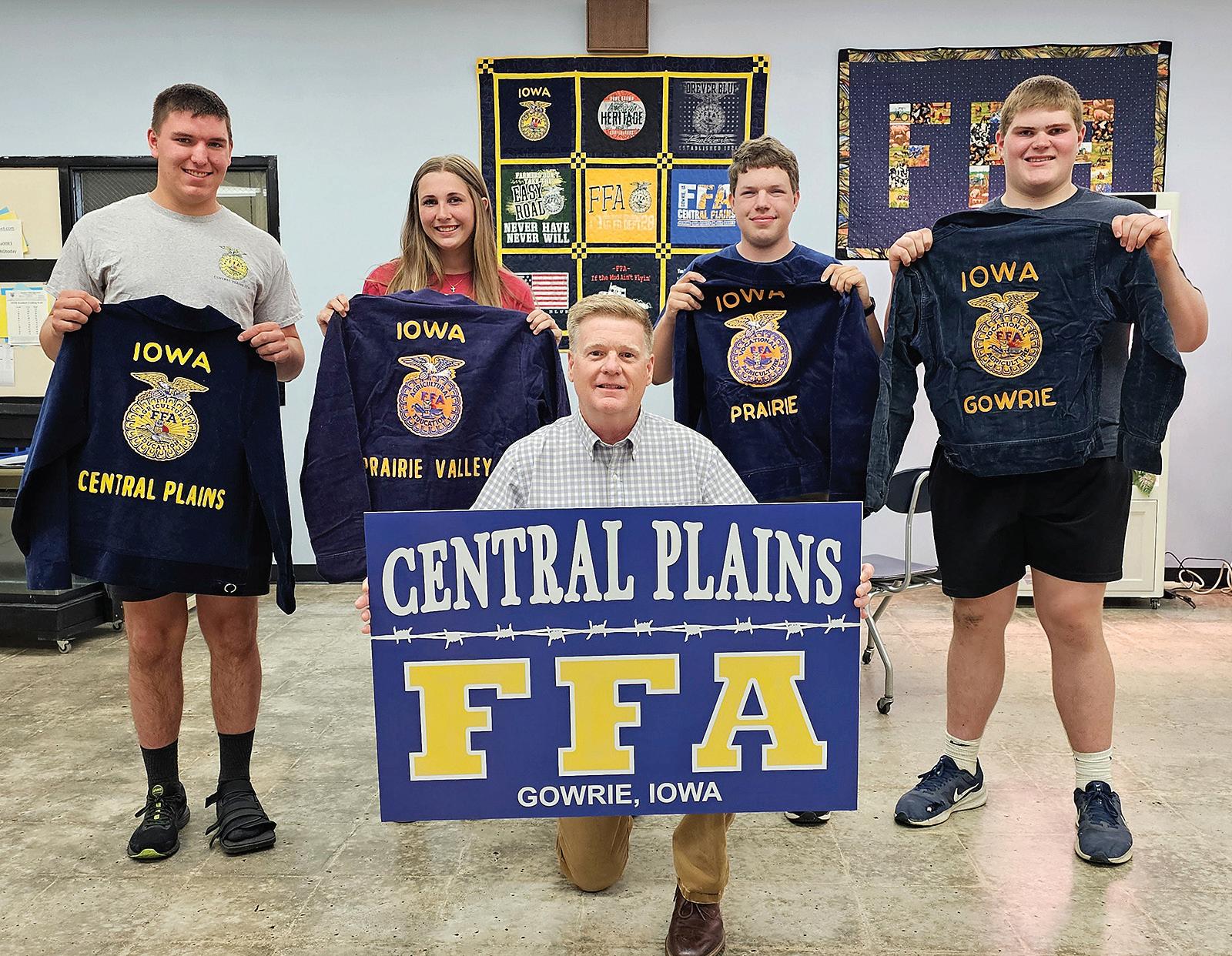
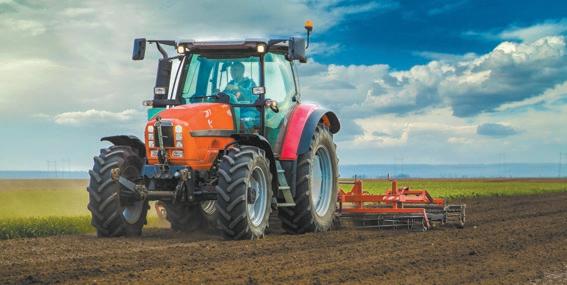


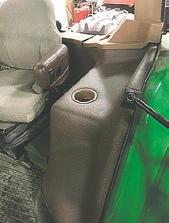




IDA GROVE — Melissa Butcher, Iowa regional human resource director for C & B Implement, knows about paving a road to success for her company, their agricultural customers, and the employees that serve both.
“We’re on the road quite a bit recruiting students,” said Butcher. “We connect with students at the high school and college level, and sometimes when they are out of college. We like to get to know those who have a great work ethic.”
C & B’s recruiting program is literally called “Road to Success.” Per their corporate website, the training offers internship opportunities to students interested in applying what they learn during school to real-world experiences. Interns work side-by-side with industry professionals to gain experience, and it’s a potential first step to a long-term career with C & B Operations.
Internships are available in the service tech, sales, and precision ag areas.
Levi Streed, 18, of Arthur, is currently participating in a service tech internship at C & B’s Ida Grove location.
“I grew up working on tractors at our farm,” said Streed, “so I knew going in that I would enjoy working on combines, tractors, lawnmowers, really anything that needed worked on. This started off as just a summer job and then I found that I really liked working with the service guys. I heard about the Calmar thing where we could commit to each other.”
Streed is referring to his signed letter of intent to attend Northeast Iowa Community College (NICC). C & B has agreed to be his John Deere dealership sponsor as he works his way through the service technician program. For two years, Streed will take classes in three-month
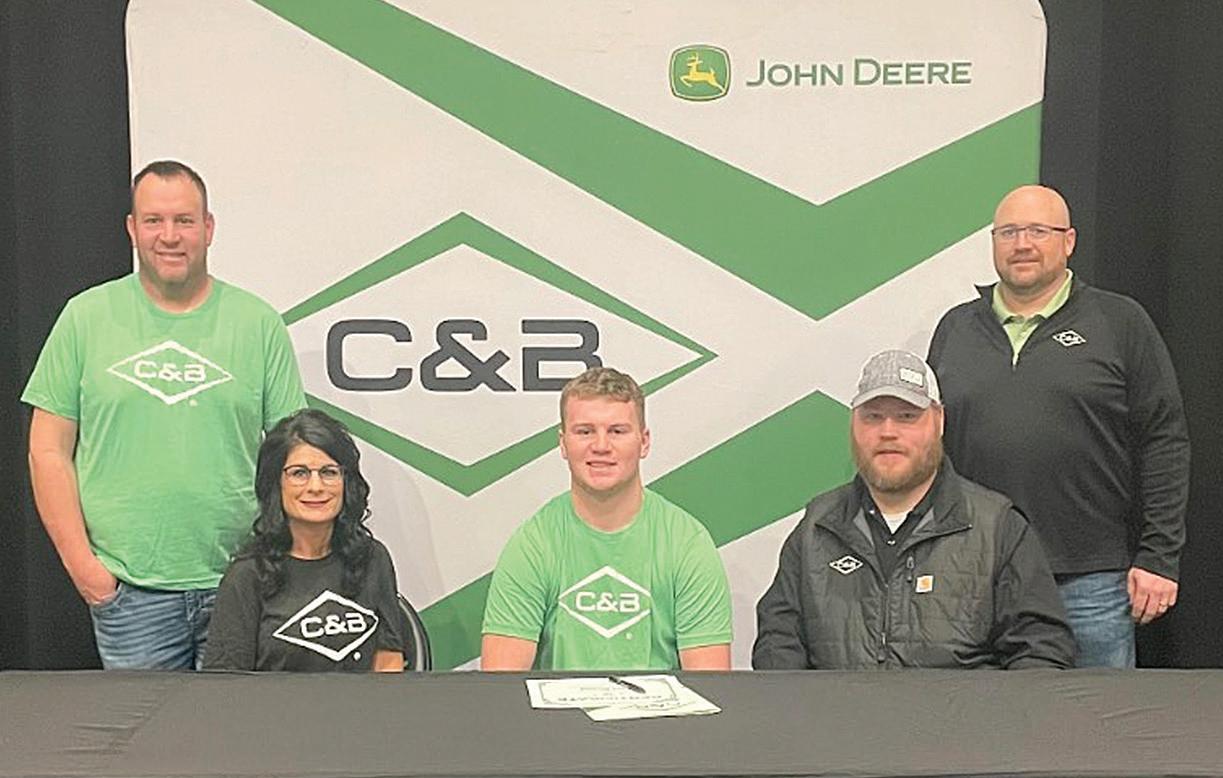
-Submitted photo
C & B OPERATIONS HIRED LEVI STREED in May of 2022 with the intention of guiding him as he made his way into a career. Streed became accustomed to C & B's work environment, starting off in lot maintenance, moving to mower repair, and then taking opportunities to work on larger equipment with more seasoned techs. From left to right is Brian Streed and Amy Streed, Levi's parents; Levi Streed, Adam Lansink, service manager; and Casey Cameron, store manager. Streed is sponsored by C & B as he begins taking courses at Northeast Iowa Community College in Calmar.
intervals at NICC in Calmar, coming back to Ida Grove to work at C & B on the off-school months. C & B’s letter-of-intent signing is reminiscent of signing students who commit to athletics; Streed’s parents Brian and Amy Streed as well as C & B’s Ida Grove service manager Adam Lansink and store manager Casey Cameron were present for the announcement and photo opportunity.
“Athletes always get the recognition,” said Lansink who has been with C & B for 10 years. “These guys who take up trades, like mechanics in the ag field, deserve a little bit of the spotlight to recognize their accomplishments.”
Brianna Butcher, office administrator at Ida Grove, was also instrumental in seeing that
Streed got his due.
“Levi has already demonstrated a commitment to this career avenue,” said Butcher. “His work and commitment should be celebrated as much as any athlete who has put in their time to make it to the next level. Levi has worked for us over a year, demonstrating strong work ethic.”
Streed started as a summer intern performing lot maintenance, mowing, mower maintenance, and has been given the opportunity — due to his drive — to work on projects with some of the more seasoned C & B service techs.
After working his first summer, Streed took part in a school-to-career program through Odebolt Arthur Battle Creek Ida Grove (OABCIG),
which allowed him to continue working at the company in the afternoons.
“This allowed him to dig deeper into what it means to be a service tech,” said service manager Lansink. “He was doing oil changes and learning what it meant to work on heavy equipment.”
Streed, who has grown up on a farm, is now an OABCIG graduate working full-time for C & B while heading to NICC this fall for formal training.
“I decided to try tractor pulling when I was 14,” said Streed. “I began learning a lot about mechanics while pulling. We would tear into our tractors every winter, and I would get my hands dirty working on the tractors. I’ve worked for a neighbor who had a 4020 that I
Iowa regional human resource director, C & B Implement
would help him work on.
“I prefer to work on tractors, but if I’m needed to work on combines, sprayers, or other equipment, I’ll do what I’m told — it’s all part of the job.”
Streed finds electronics to be the most challenging part of service tech work and is looking forward to having college help him with that aspect. To that point, C & B will reward his shop and school efforts.
“This is Levi’s journey,” said Butcher. “We have helped him; he has helped us. He started at the bottom with lot maintenance and mowing, and now look at him; he’s servicing his own customer’s mowers at a spot in the shop that’s his.
“Because of his commitment, we are going to pay for his school upon successful completion. We believe in this kid. We want to support him. We want to celebrate his achievement. We want him to come back to work for us.”
“Because of (Levi's) commitment, we are going to pay for his school upon successful completion. We believe in this kid. We want to support him. We want to celebrate his achievement. We want him to come back to work for us.”







